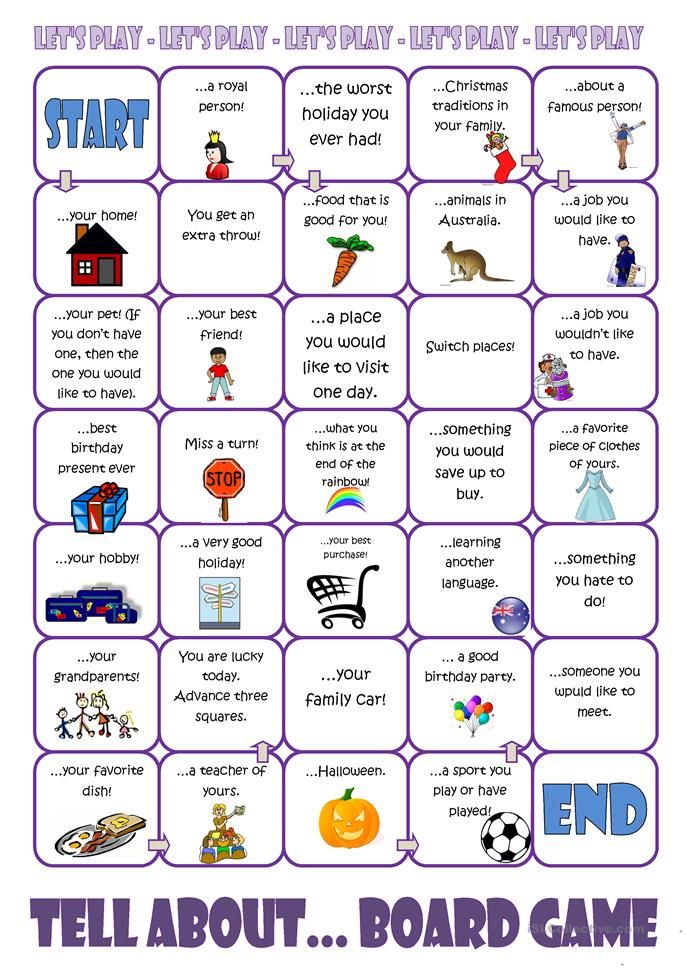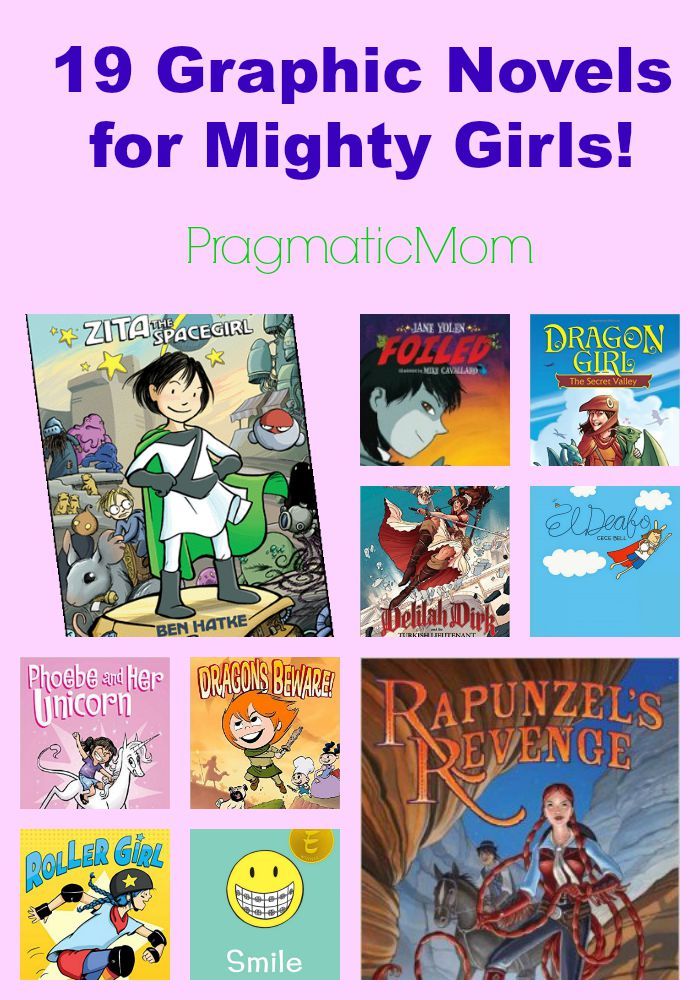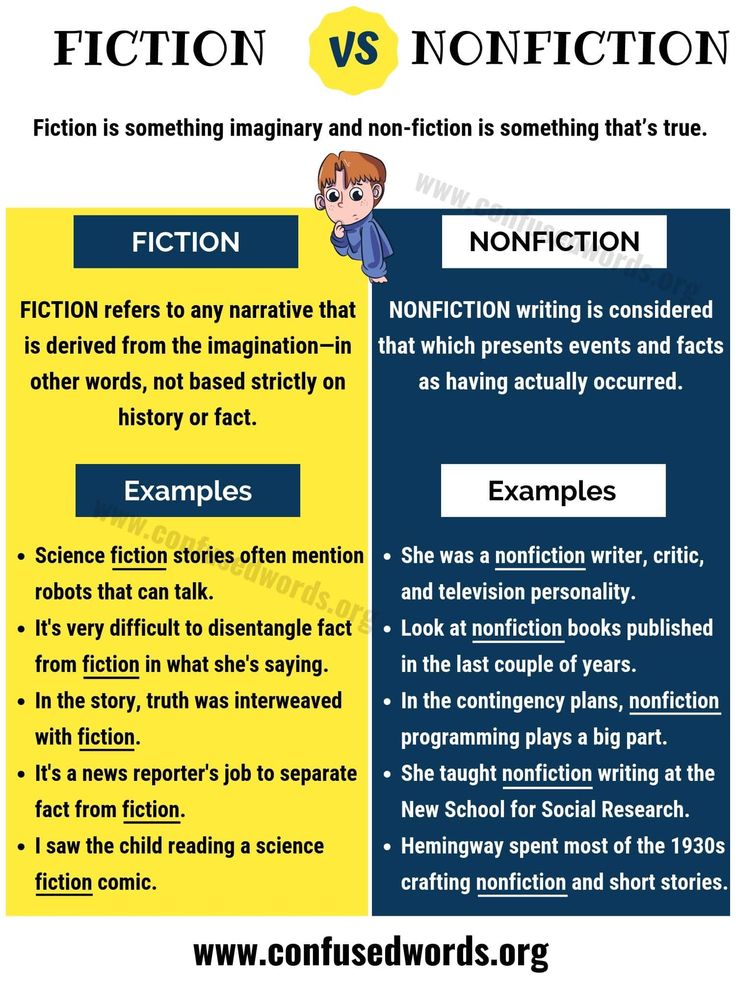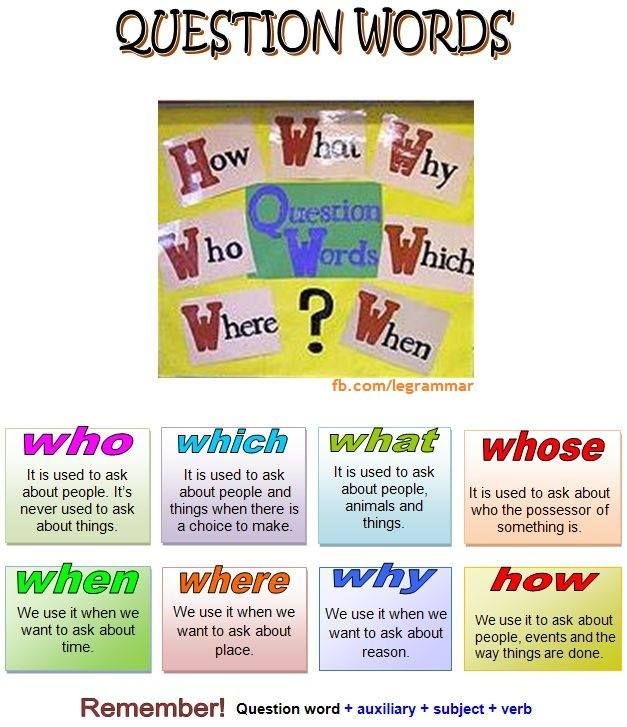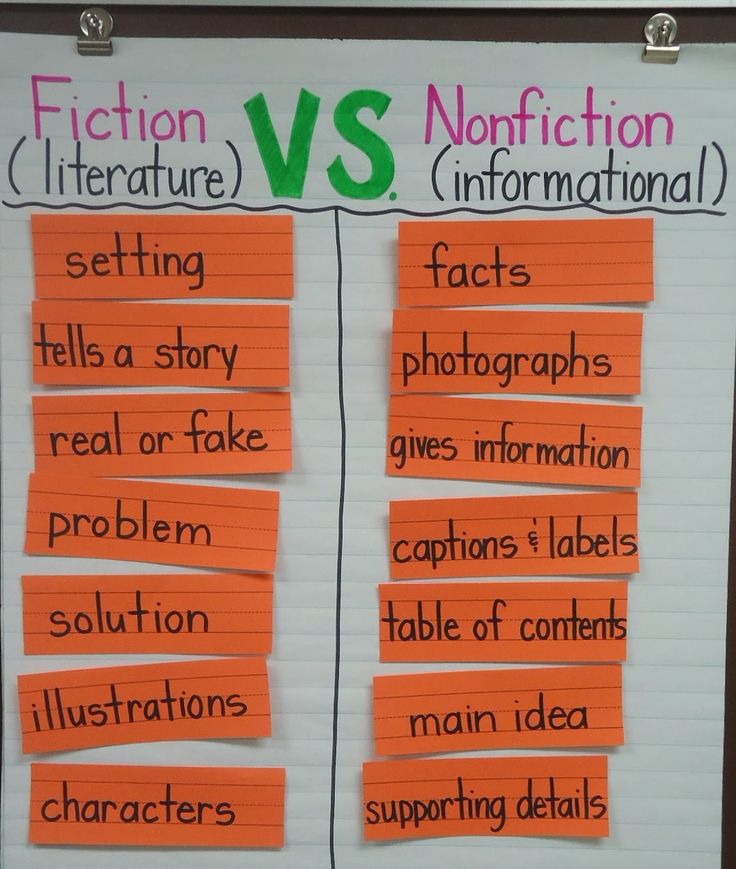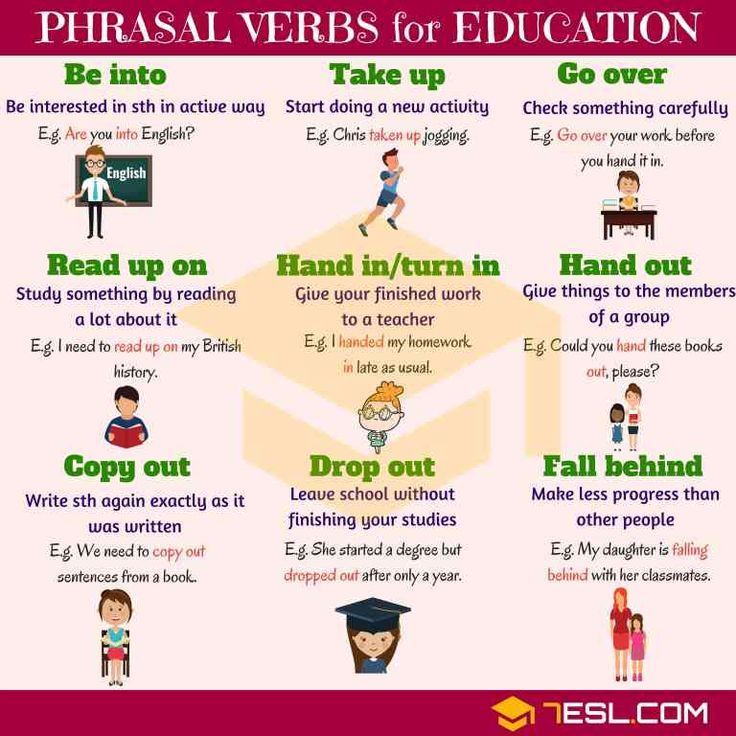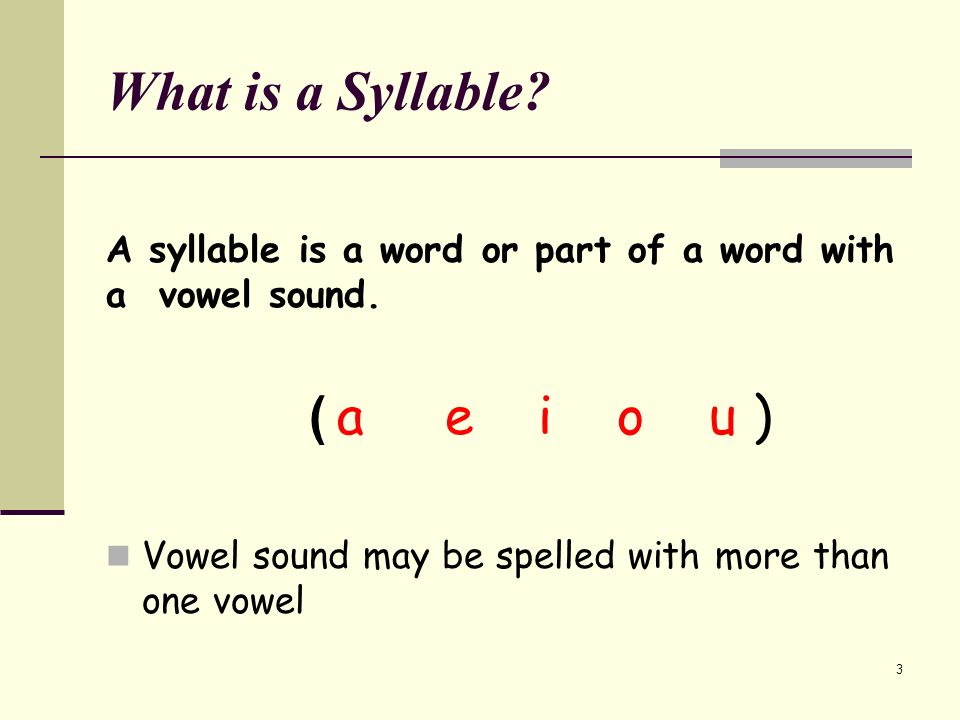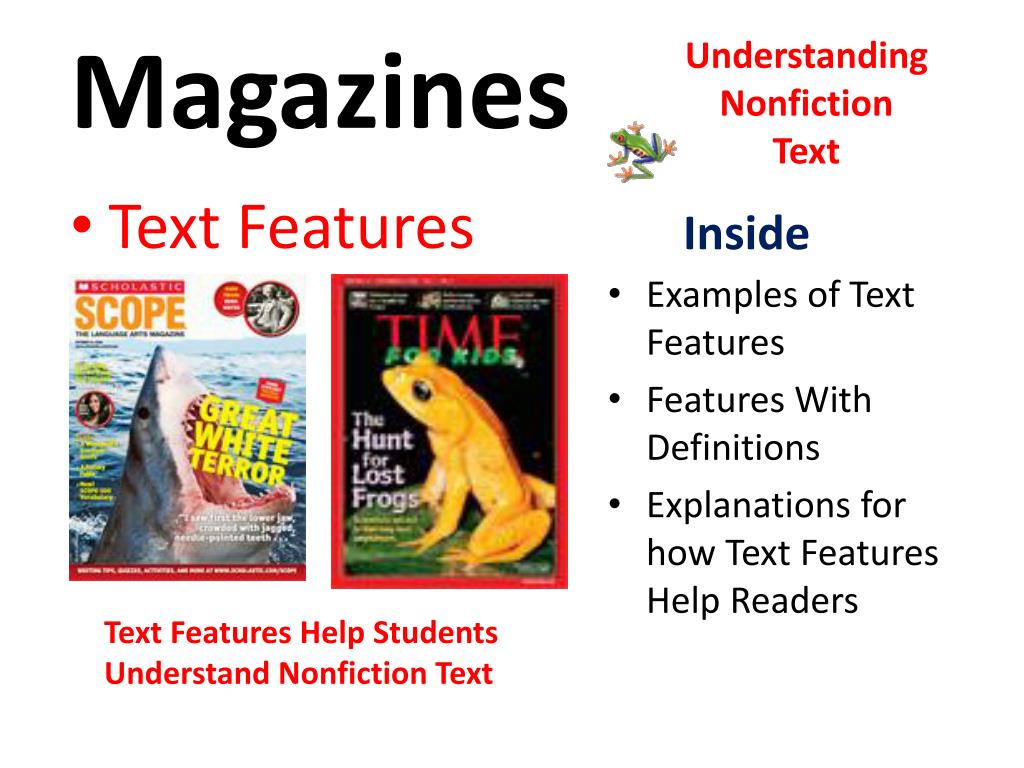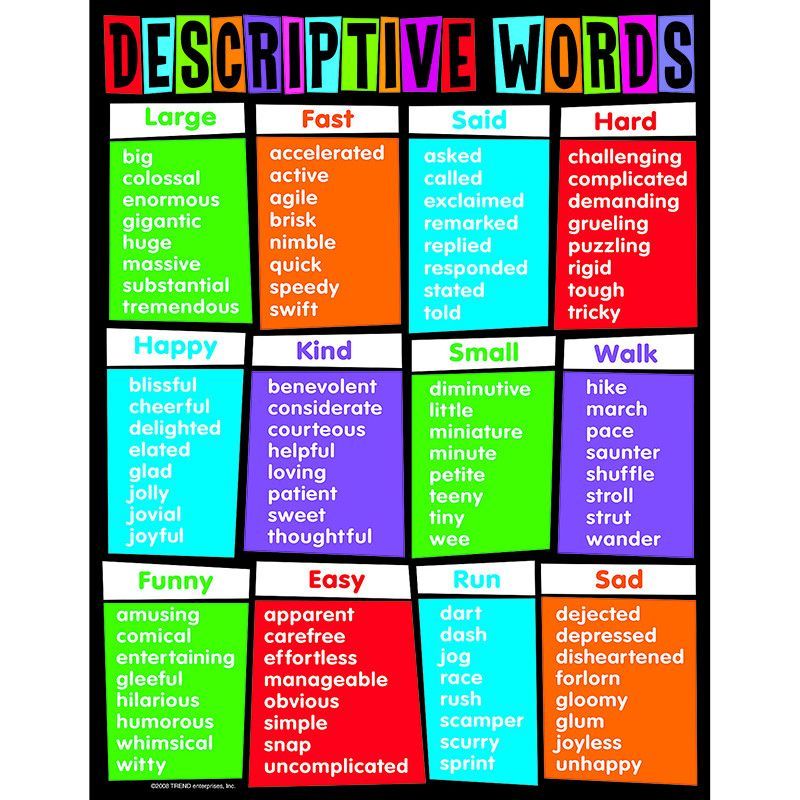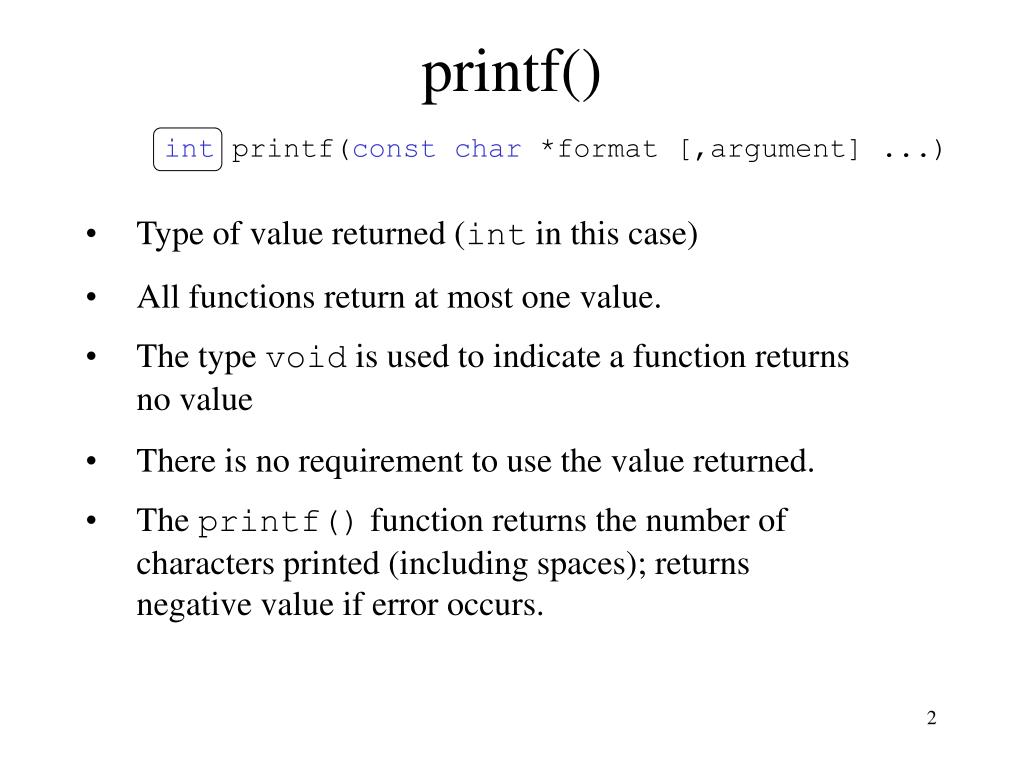Teach vocabulary games
9 Classroom Vocabulary Games to Use with Your Students
Vocabulary is an important part of every subject; there are always words that students need to learn in order to better understand the concepts being taught. Unfortunately, many students struggle to remember what unfamiliar vocabulary words mean, or feel intimidated by the idea of simply memorizing definitions. No matter your subject material, you can help students learn difficult vocabulary using these 9 classroom vocabulary games!
1. Synonyms
Associating a vocabulary word with its synonyms is a great way to form lasting connections between the word and its definition. Here’s an exercise you can try with your students:
- Break the class into 2 groups.
- Assign each group half of the vocabulary words.
- Have students use a dictionary, thesaurus, or the Internet to discover synonyms for each vocabulary word.
- Then, have the groups take turns reading the list of synonyms to the other group.
- See if the groups can figure out what the word is based on its synonyms.
2. Checkers
Recycle this familiar board game into a memorization exercise:
- Group students into pairs.
- Give each set of students a copy of this printable checkerboard:
- Students should write a vocabulary word in white space available in each square.
- As students play through a game of checkers, ask them to provide the correct definition of the word in the square they want to move their piece to.
- Another option could also be having the student use the vocabulary word in a sentence.
- If the student correctly defines the word or uses is in context, they get to claim that square.
3. Vocabulary Bingo
A similar idea to the checkers game, you can have students create their own Bingo card, with a vocabulary word in each space:
- Once the cards are assembled, read the definition of each word.
- Students should be able to determine what word you defined and put a counter on that square.
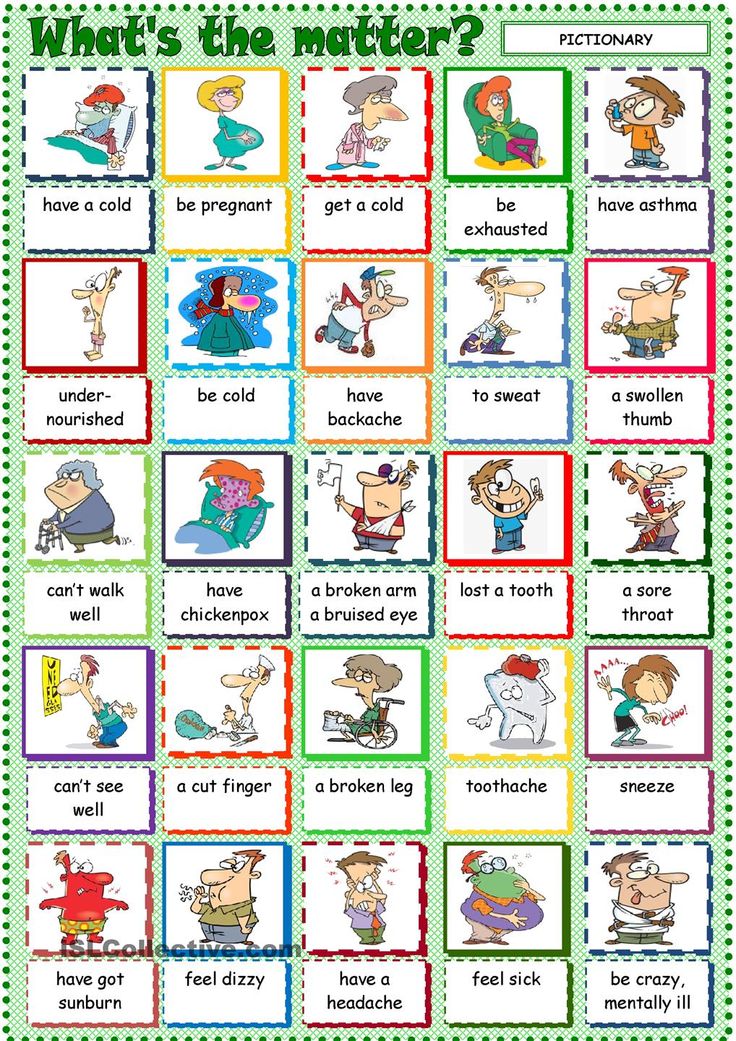
- Have students say “Bingo” when they get 5 words in a row.
- As an extra incentive, provide a prize for winners. It could be a free homework pass, candy, or small toy!
4. Pictionary
A great way to get the whole class involved is by playing Pictionary:
- Split the class into 2 teams.
- Have one student from each team come to the board.
- Assign them one vocabulary word to draw.
- The students’ teams should try to guess what vocabulary word is being drawn, within a certain time limit—whichever team guesses correctly first gets a point.
- Repeat with different members of each team coming to board until all the vocabulary words have been drawn, then tally the points, and declare a winning team!
5. Charades
Charades is set up similarly to Pictionary. However, instead of drawing, students act out the vocabulary word. If you have timid students, consider assigning 2 people to act out the words at a time, or breaking the class into smaller groups.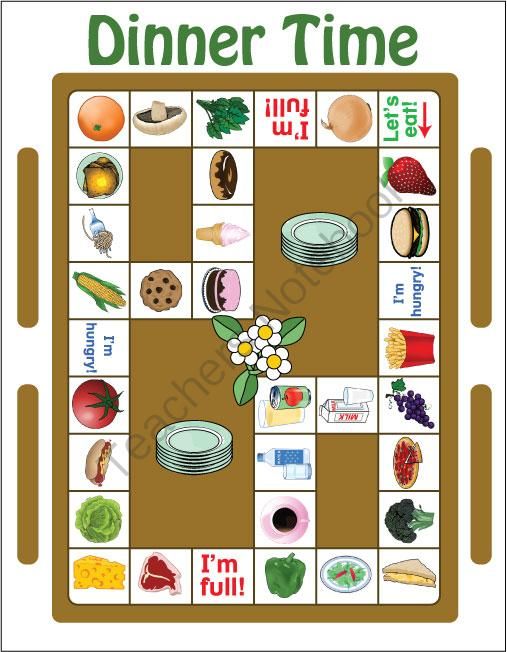
6. Circle Rotations
To get everyone up and moving, try a circle rotation exercise:
- Split the class in half, and have them form two concentric circles in the room, facing each other.
- Hand out flashcards to each student with a vocabulary word on one side and its definition on the other.
- Students in the inner circle can test the students in the outside circle and vice versa.
- Have the students in the outside circle rotate one person to their left each time until everyone has seen each word.
7. Trashcan Basketball
Another physically engaging group activity is trashcan basketball:
- Divide the class into 2 or 4 teams.
- Have each team take turns answering a vocabulary question.
- If they can answer correctly, the team gets 1 point.
- Then, give that team a ball (a crumpled up piece of paper will do).
- If the team can make a basket into the trashcan, reward the team an extra point.
- Repeat until all vocabulary words have been tested!
8.
 Newspaper Search
Newspaper SearchFor a quieter activity for individuals or smaller groups, try having students look for pictures or articles in newspapers or magazines that relate to each vocabulary word. Give your students a set amount of time to complete the assignment then have them present their findings in groups or to the class.
9. Flyswatter Game
- Write each vocabulary word on the board.
- Divide the class into 2 teams.
- Have one student from each team come to the board holding a flyswatter.
- Read the definition of a vocabulary word.
- Students should race to see who can locate the correct word on the board the fastest.
- When they find it, they should hit the word on the board with the flyswatter.
- Play until everyone in the class has had at least one turn!
Classroom vocabulary games are some of the many fun teaching games out there and a great way to motivate students to study the words. It also helps them review the definitions.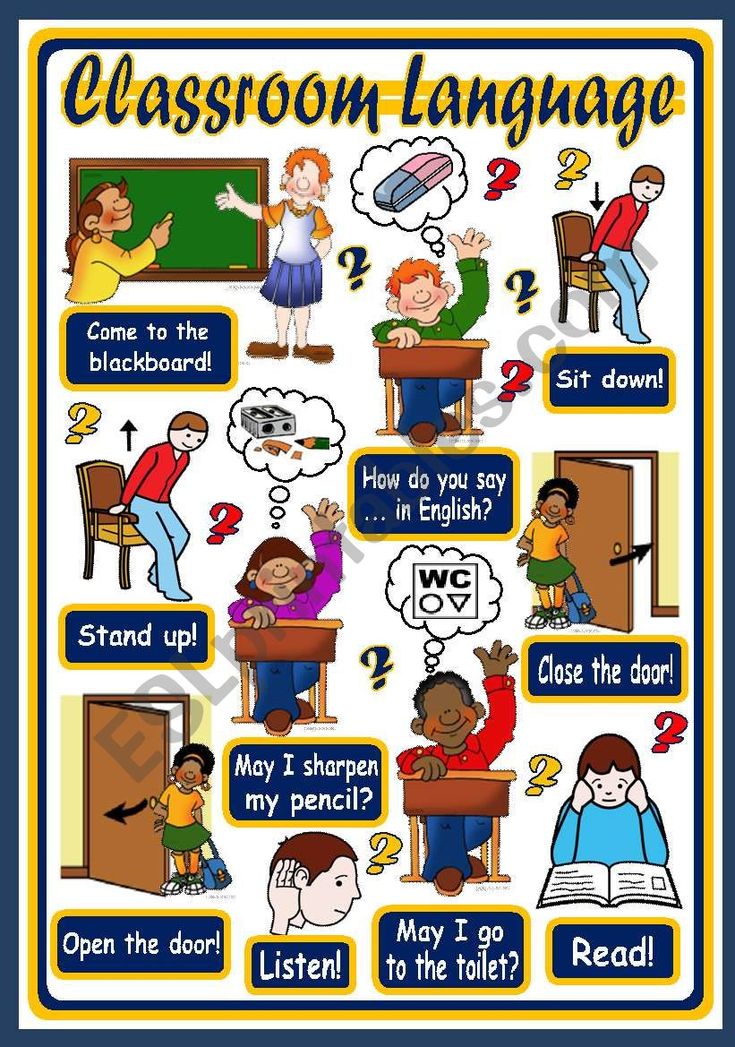 Most of these games don’t require a lot of preparation to play, so you can play them whenever you have extra time that you need to fill or just need a fun activity!
Most of these games don’t require a lot of preparation to play, so you can play them whenever you have extra time that you need to fill or just need a fun activity!
10 ESL Vocabulary Games to Get Your Students Seriously Engaged
By genesisd Last updated:
Trying to teach a group of intermediate students ain’t easy.
At this level, rehashing the basics is a bore and introducing more advanced topics can result in frustration.
Tired of seeing only two or three students actually paying attention in your class?
It’s amazing what a difference a few fun games can make!
Things like building vocabulary are an essential part of learning English, but they can be dull. Spice up the classroom with some of these ESL vocabulary games to enhance the learning experience.
Download: This blog post is available as a convenient and portable PDF that you can take anywhere.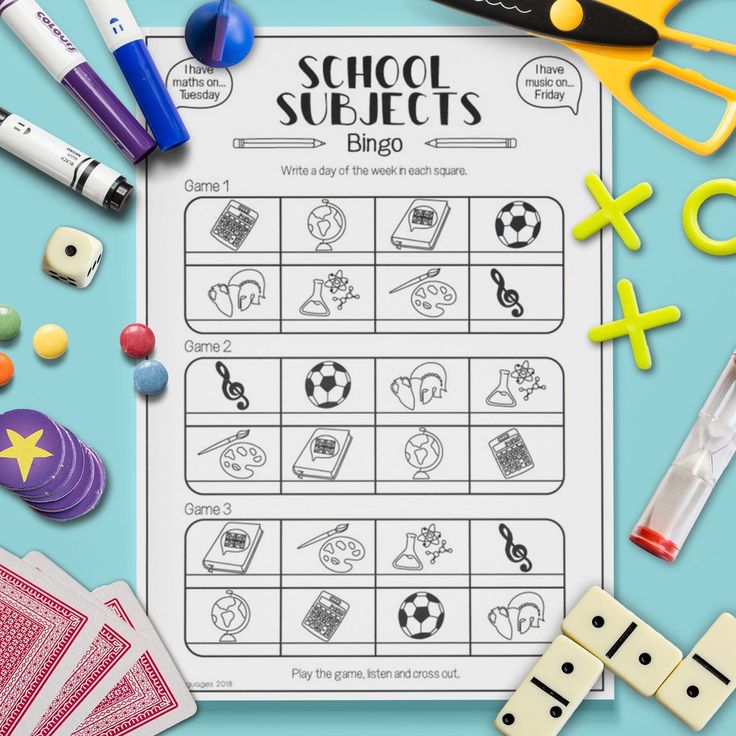 Click here to get a copy. (Download)
Click here to get a copy. (Download)
1. Last Man Standing
This game is fast-paced, but allows students some time to think. It also encourages peer learning, as students will pick up on words they hear others speaking. To play the game, grab a ball and have all the students form a circle. Name a category or theme, such as things found in a kitchen, food, professions, and so on.
Begin by tossing the ball at a student. That student will shout a word related to the theme and throw the ball to another student. As each person catches the ball, they need to come up with another word that fits the theme. If they repeat a word that has already been said or can’t think of a new one within a few seconds, they are out and must sit on the sidelines. Don’t worry, they’ll still be learning!
Take things up a notch with a different version of “Last Man Standing.” Instead of naming a theme, each student gives the next student another theme. For example, you might start off with “something red.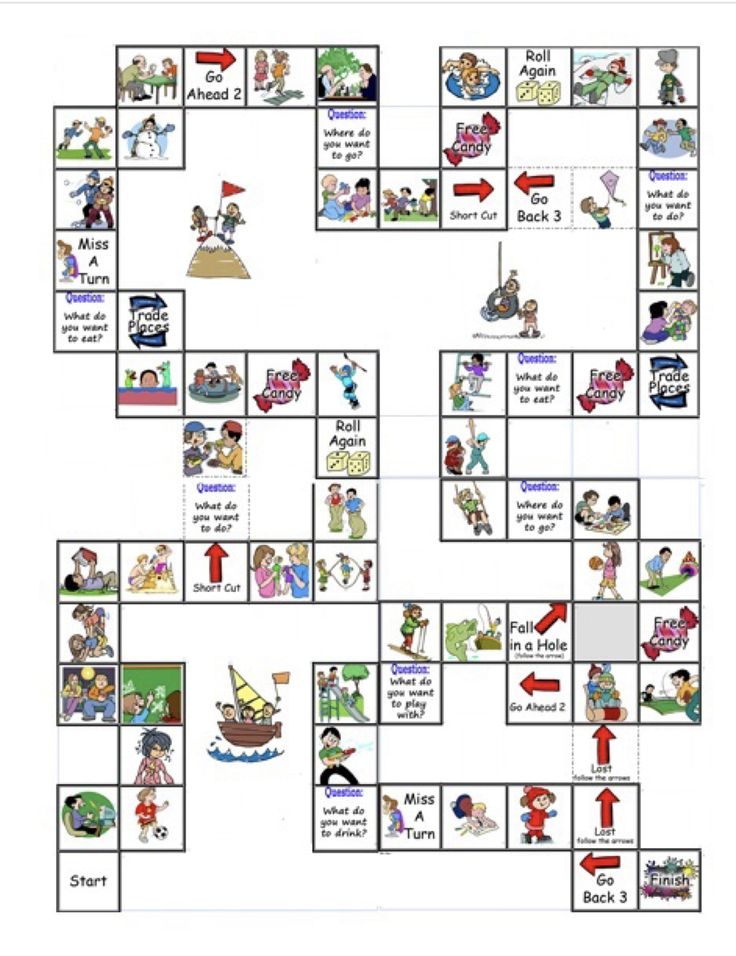 ” The first student to catch the ball could say “strawberry” and then choose another topic and throw the ball to the next student. This makes the game much more difficult, since students cannot think of a word until they know what their theme is.
” The first student to catch the ball could say “strawberry” and then choose another topic and throw the ball to the next student. This makes the game much more difficult, since students cannot think of a word until they know what their theme is.
2. Pictionary
Most English speakers are familiar with Pictionary, the drawing game. You can use the cards from the actual board game to create a classroom activity that will thrill your students. This is a good, high action game that students really get into.
Chalkboard Pictionary. To play in a classroom with many students, it’s not very practical to use the game board. This means you’ll be using the chalkboard or whiteboard at the front of the room.
Divide the class into two teams and create a small column for each team on one side of the board. You’ll record their points here. Have one person from Team A come up to the front. Have the student draw a card (try using Pictionary Junior cards if the adult ones are too advanced for your class).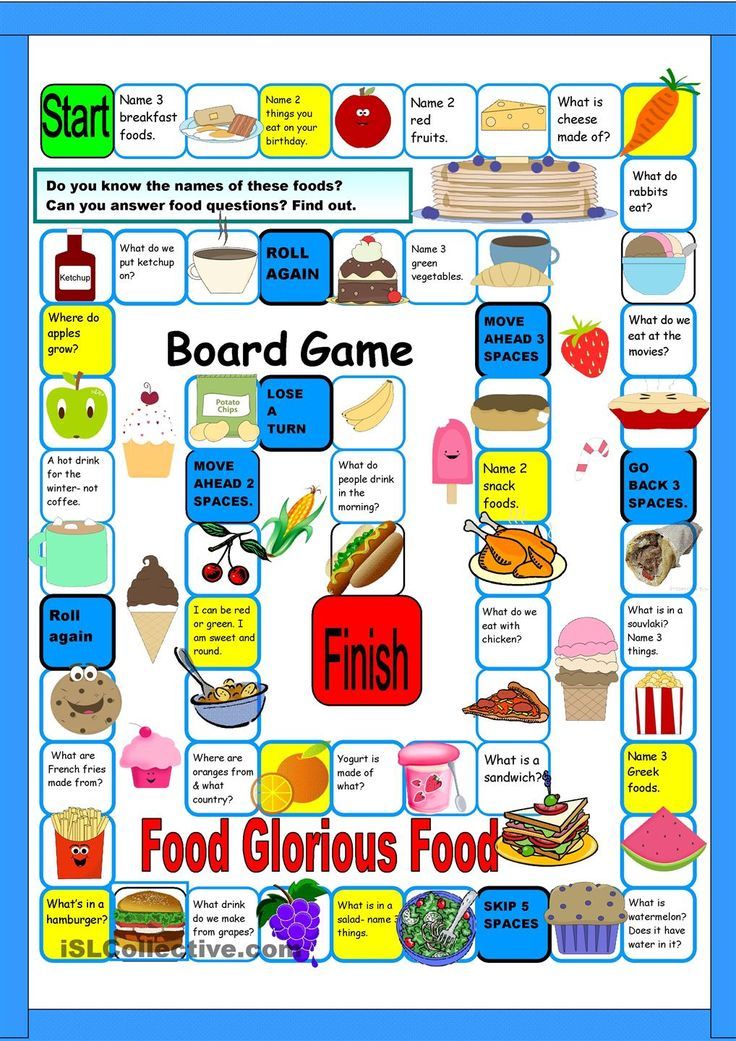 Alternatively, you can write words on slips of paper for students to choose.
Alternatively, you can write words on slips of paper for students to choose.
The student must convey the word to his or her team using only drawings. Students cannot use words, symbols or hand gestures. Limit the time to three minutes maximum. Each correct word is a point and the first team to get 10 points is the winning team.
3. Charades
Charades is quite similar to Pictionary, but it uses actions to communicate the secret word in place of photos. This is a great game for those days when your class is dragging and people are falling asleep. Get them up and get them moving!
Write down words on slips of paper for students to choose. Verbs are likely to be the easiest, but you can also use more complicated words, provided you are sure most of the students know them.
Divide the class into two teams and have one person from each team choose a piece of paper and act out the word. The teams must guess the correct word before three minutes run out.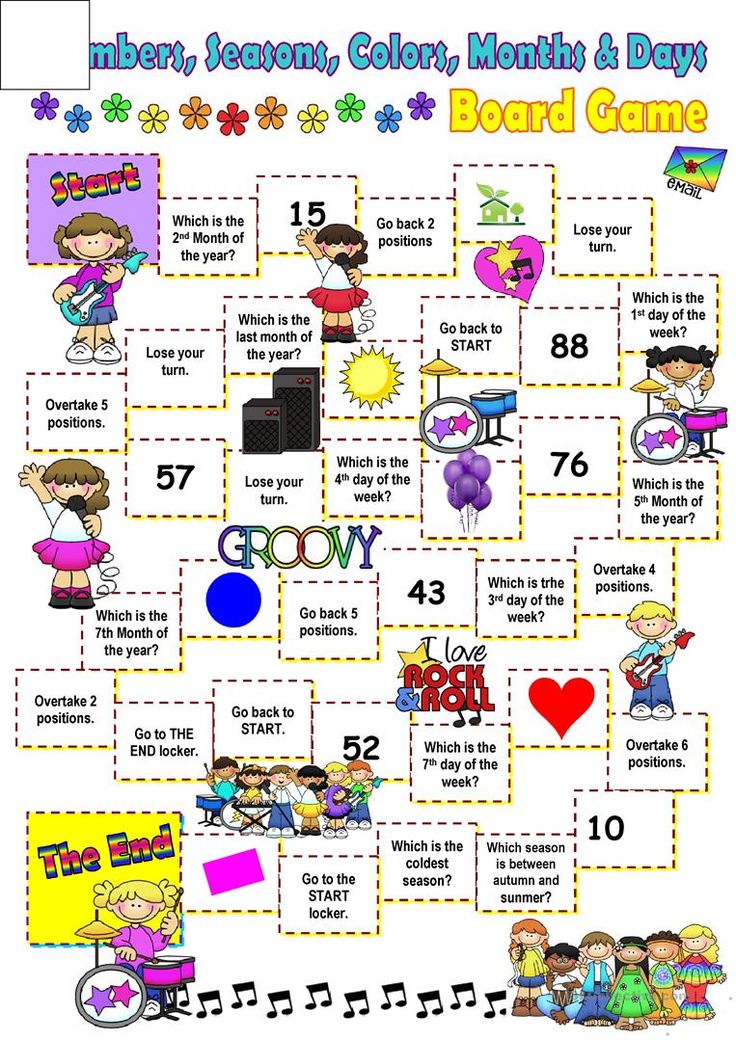 For each correct word, that team receives a point. The team that hits ten points first is the winning team.
For each correct word, that team receives a point. The team that hits ten points first is the winning team.
4. Taboo Words
Taboo Words helps students practice with synonyms and descriptions. Separate the class in half and have the two teams sit on opposite sides of the room, facing each other. Each team will choose a person to sit in front of their team, facing them in the “hot seat.” You will stand behind the students and hold up a piece of paper with a word on it. The students in the hot seats will not be able to see these papers.
Teams have three minutes (or any amount of time you want to set) to get their hot seat member to say the word on the paper. The catch is, they can’t say the word under any circumstances.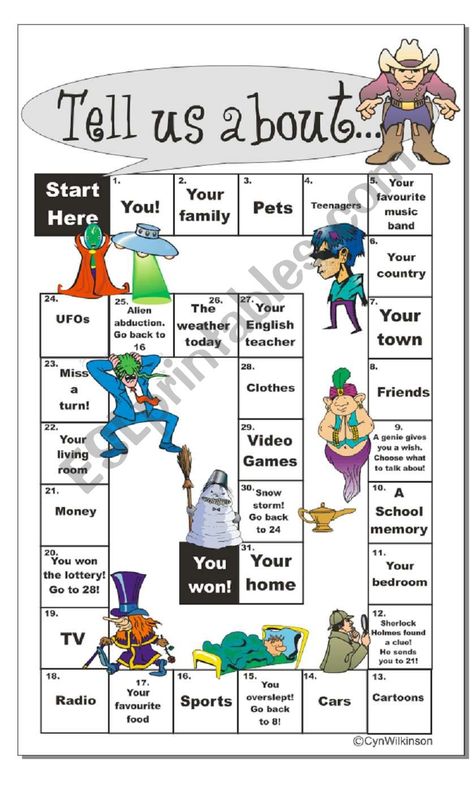
Tips for playing in a large class. If you have more than 12 students in a class, things can get a little chaotic with this game. In this case, it’s usually simpler to divide everyone into teams of 5-6 people and have only one team go at a time.
5. 20 Objects
Test your students’ memories and vocabulary at the same time with this fun game. All you need is a clear desk and 20 common items from around the classroom. You can even grab things from your backpack or purse.
Arrange the objects on the desk and let students gather around to look at them. Cover everything with a sheet (or something similar) after one minute and send everyone back to their seats. Each students should write out as many items as they can remember on a piece of paper, all in English.
When everyone is done, write a list of the items on the chalkboard and allow students to self-correct. Alternatively, you can call out the objects and give a point for each one that is correctly written.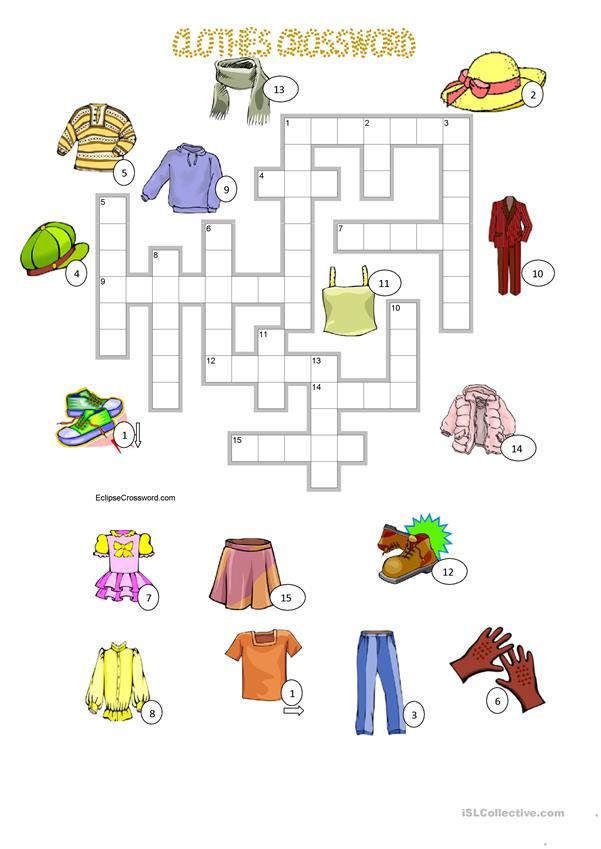
6. Categories
Students will beg to play this game once they get the hang of it! It’s a great way to fill up the last few minutes of class, too.
Have students draw six columns on their paper and write a category at the top of each column. You can choose categories that fit what you’ve been studying in class or go with some basics. Popular categories include food, names, cities or countries, furniture, verbs and clothing.
Choose a random letter and write it on the board. Give students enough time to write down a word for each category that starts with that letter. You can repeat with new letters as many times as you like.
7. Letter Scramble
Take a list of words that your students have recently learned and write a scrambled version of each on the board. Allow students to unscramble the words on their paper. The first one to finish deciphering all the words wins.
8. Chalkboard Acronym
Write a word vertically on the board and then have students come up, one at a time, to write a word starting with each letter of the vertical word.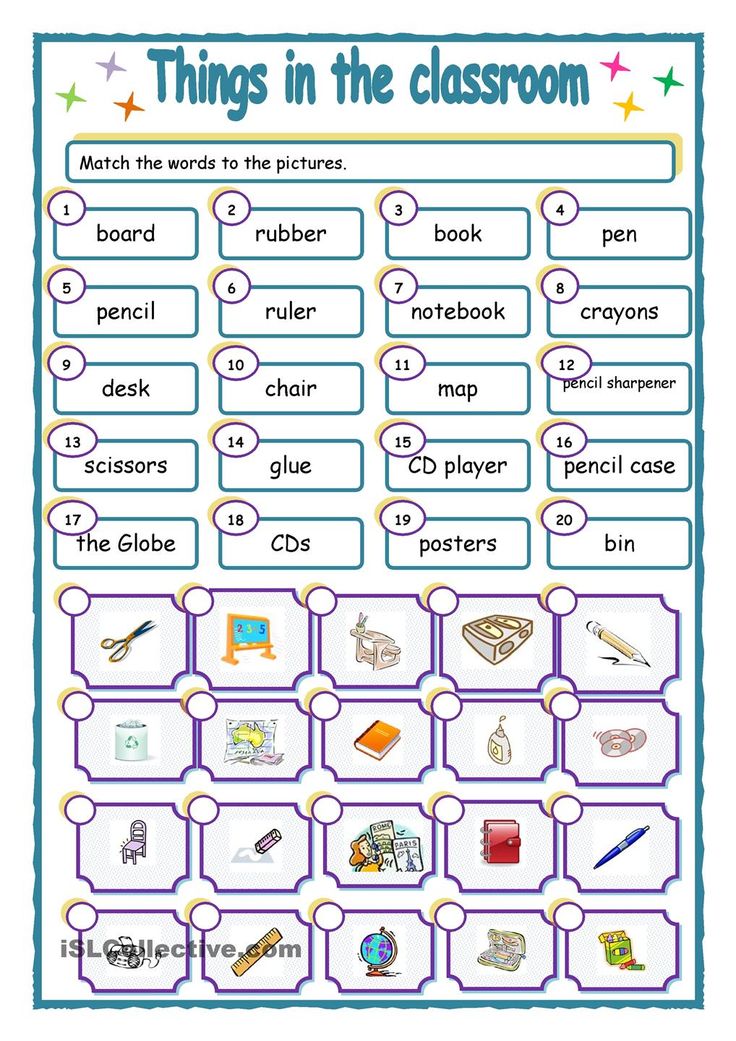 For example:
For example:
Cute
Under
Porcelain
Make this tougher by requiring the words to be related to the acronym.
9. What Am I Thinking Of?
If you’ve ever played 20 Questions, you already know how this game goes. To make it a little easier on your students, however, you’re going to include some visual clues.
Pair students up and have them think of an object. Each student should write 5-10 words describing the object on a piece of paper. When you call time, the students swap papers and try to figure out what the other person described. The first team to have both words guessed correctly wins.
10. Word Bingo
You’ll need to do a little preparation for this game, but it’s well worth it. Make bingo sheets with a 4×4 grid and add words to each square. Hand these out (each one should be unique) and have students mark the correct word when you call it out. The first person to finish marking their entire page wins.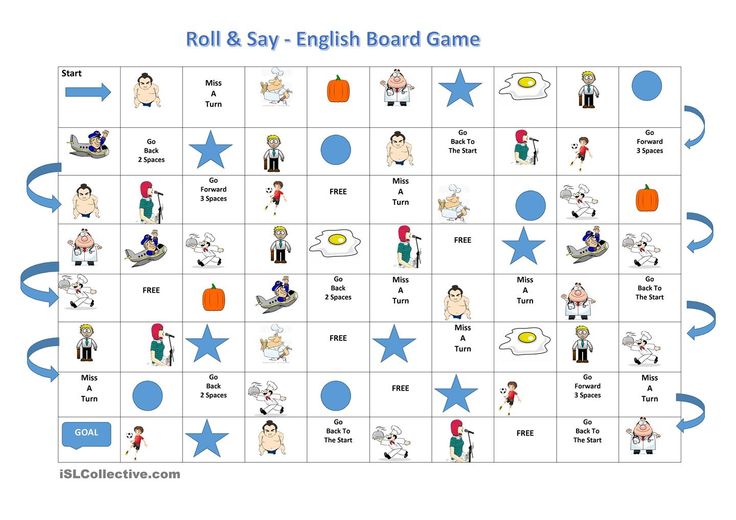
There are some fun variations to Word Bingo!
Picture Bingo: Use pictures on the Bingo card and call out the words that relate.
Synonym Bingo: Get those brains working by giving students a word that means the same thing as a word on their card.
Antonym Bingo: This is just as it sounds. Call out the antonyms of words on their cards and see how many students get it.
Video Bingo: Instead of calling out individual words, make the game more challenging by playing a video that has the words on students’ bingo cards. This will encourage students to listen closely and provide a more natural way to practice.
You can use FluentU for this variation of the Bingo game, since the program has a few features that’ll make prep easier for you.
FluentU has many videos created for native English speakers like movie trailers and inspirational talks. You can find videos that use specific words just by searching for the word you want to include.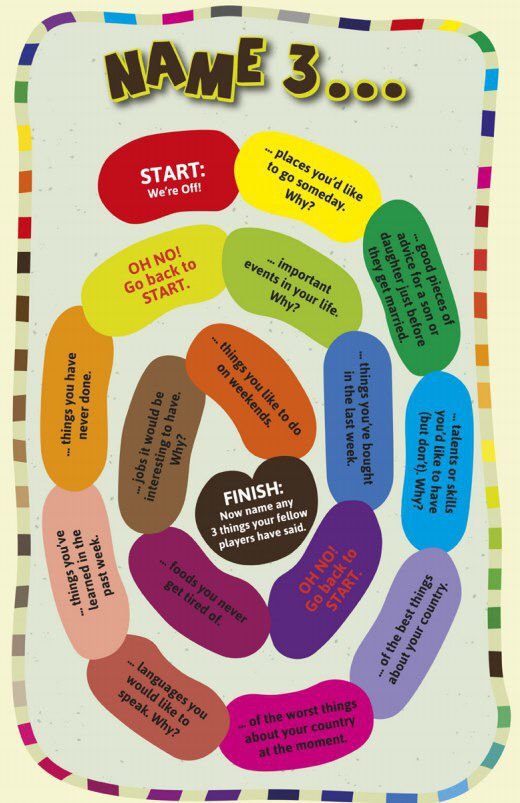 Each video also has a key word list before you play it, which you can use to populate your Bingo boards.
Each video also has a key word list before you play it, which you can use to populate your Bingo boards.
You can even assign a variation of this to students for homework: You can import all the words students are learning into flashcard decks that students can then study with personalized quizzes. Or, you can ask students to pick a video and add five new vocabulary words to their flashcard list as they watch—to do this, they just have to click on any word in the subtitles then click to add the word to their words.
ESL vocabulary games make class time a little more exciting. You can use them to review previously learned words, but keep in mind that games also make great rewards for when your students do well in class.
Download: This blog post is available as a convenient and portable PDF that you can take anywhere. Click here to get a copy. (Download)
« The Most Effective ESL Teaching Strategy You’re Not Using: Absurdly Short Time Limits
How to Create a Perfect ESL Lesson Plan in 6 Easy Steps (Plus 3 Ready-to-use Lesson Plans!) »
5 verbal and linguistic games in the Russian language classes
A valuable method of stimulating interest in learning is the method of using various games and game forms of organizing cognitive activity in the classroom with students and schoolchildren.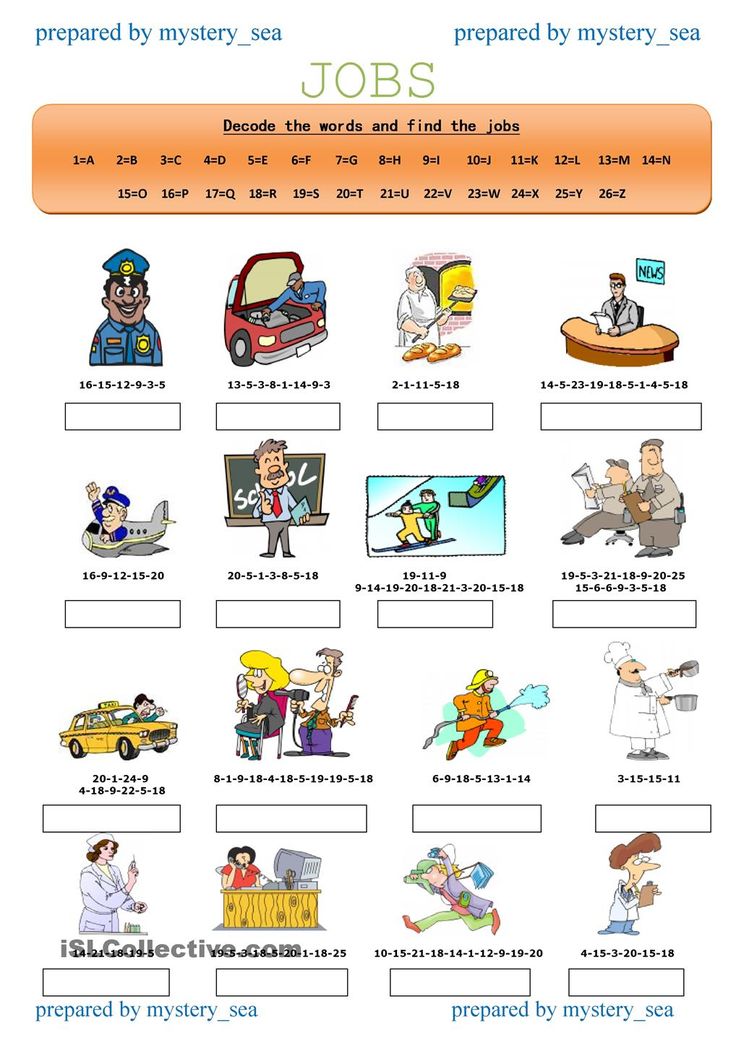
The most budgetary game form is a language game, part of which are verbal (not acting) and verbal-role-playing games.
It is also expedient to single out linguistic educational games.
What's the difference?
Word game is a word game. The game takes place exclusively through the speech interaction of the players. The word game is aimed not only at the development of linguistic flair, but also at the development of attention and memory.
Word-role-playing games - a kind of role-playing games with a complete absence of a material component: the game takes place exclusively through the verbal interaction of the players describing the actions of their characters, and the master describing the realities of the surrounding world and the reactions of master characters.
Linguistic game is a language game related to language learning and speech enrichment, with the development of logical thinking, communicative features of speech in terms of taking into account lexical, grammatical, orthoepic, syntactic features of speech.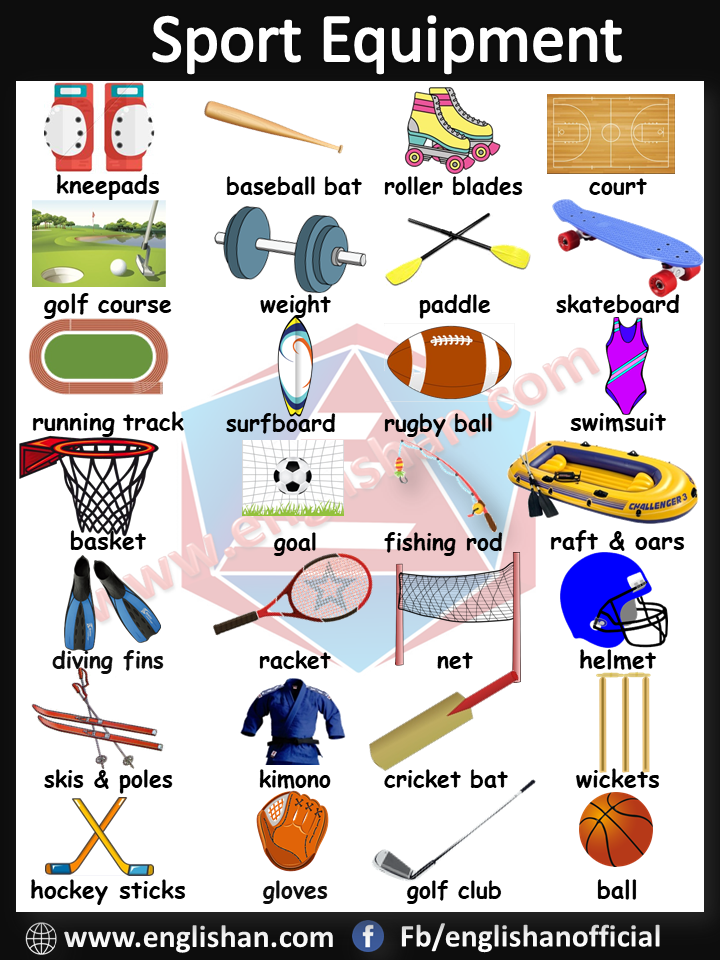
Consequently, linguistic games are: orthoepic, lexical, grammatical, syntactic.
Linguistic game “Hidden Motives”
Surely, in the life of every person there was a situation when he committed some act and could not explain why he acted one way or another. Unraveling possible hidden motives is possible through a consistent analysis of previous events.
What we are working on: speech logic.
Rules: Divide the group into pairs (sometimes it's easier to unite not in pairs, but in threes). In each pair, one of the participants tells a situation that he cannot explain. The partner, through leading questions, tries to find out the facts, to connect them into syllogisms.
Syllogism is “a form of inference, reasoning, when a third, conclusion, is derived from two given premises or judgments.”
For example, all students take exams in the summer. I am a student, so I have exams in the summer.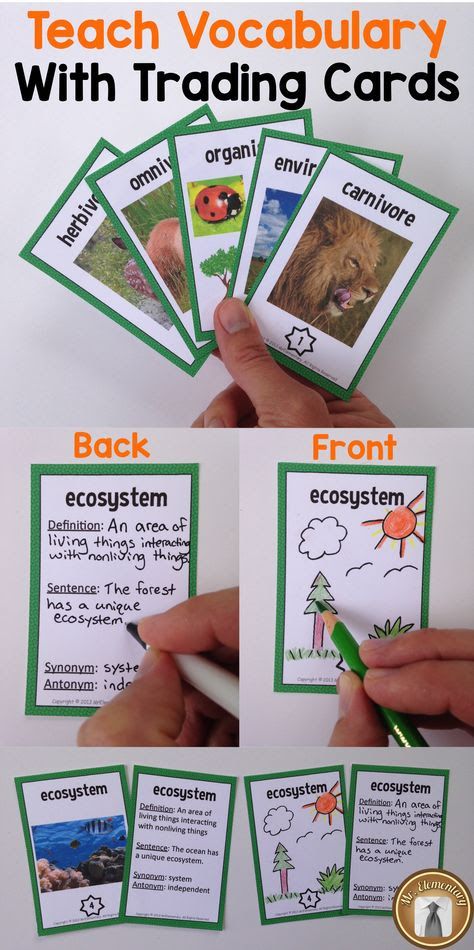
In the second round, the interlocutors change places. Then comes reflection.
Word game “One day in the life”
The essence of the game: choose any profession with your students. Together you make up a story from some nouns (verbs, adjectives) about the working day of a professional.
For example, a story about a teacher's day: call-breakfast-lesson-question-answer-five-teacher-director-scandal-lesson-call-home-preparation-sleep.
Important condition: before naming a new noun, each player must repeat everything that was named before him. Then the story will be perceived as a holistic work. To better remember the named nouns, I advise you to carefully look at all the speakers, as if linking the word with a specific person.
Word game “New Vocabulary”
Usually we play in a circle with students as a warm-up at any lesson.
The essence of this game is to come up with new meanings for ordinary and all familiar words.
For example: a suitor - a fish soup lover, a monster - a volcano, a priestess - a woman who loves to eat, etc.
The one who picks up more interesting words will win. The time allotted for preparation is agreed in advance.
Taboo word game
When I need to talk to listeners/students and students, or lead them to the topic of the lesson, or review previously learned material, I use the word game “TABU”.
The rules are simple: the student gets a card with the word written on it. It needs to be explained. And under this word, or next to it, there are several more that cannot be used in the explanation.
Other students must guess this word.
It is better to prepare cards on your own - for a specific topic (for example, an essay-reasoning - for students, or general scientific terminology - students / cadets).
Linguistic game “Sound Images”
The teacher reads/displays the words of the writer E.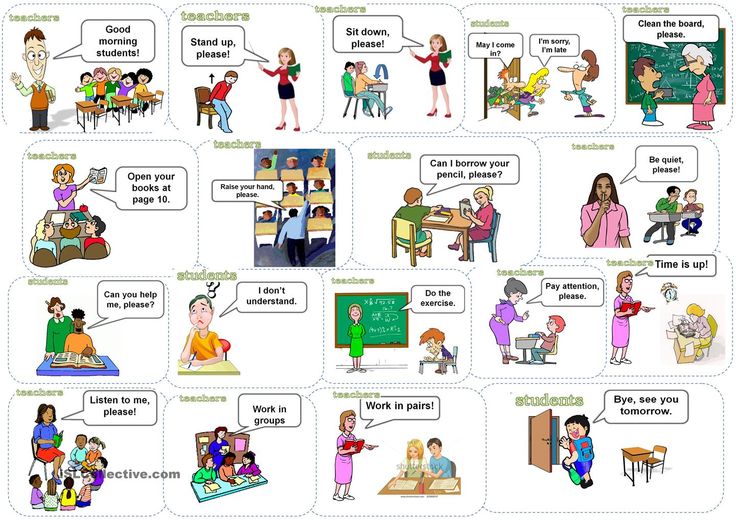 Zamyatin:
Zamyatin:
“Every sound of a human voice, every letter in itself evokes certain ideas in a person, creates sound images. I am far from assigning a strictly defined semantic or color meaning to each sound, but
Sound [r] clearly tells me something loud, bright, red, hot, fast.
[l] – about something pale, blue, cold, smooth, light.
Sound [n] - about something tender, about snow, sky, night:
The sounds [d] and [t] are about something stuffy, heavy, fog, darkness, musty.
Sound [m] - about sweet, soft, about mother, about the sea.
With [a] - latitude, distance, ocean, haze, range are associated.
C [o] - high, blue, bosom:
C [and] - close, low, squeezing.
Task: come up with words starting with the letters RLNDTMAOI. Ask students and pupils to voice their sound images.
Word game “Letters-Letters”
One student guesses a word to another, which he must explain to the others, but he can only use words starting with one letter, for example, “p” (any, except for the same root) .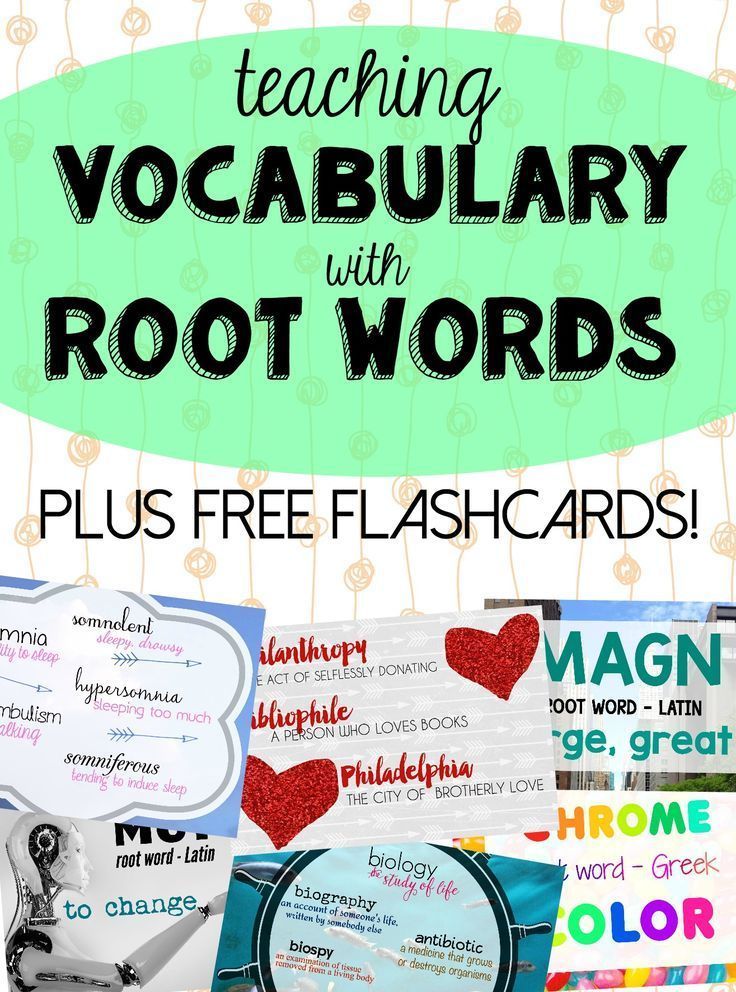 That is, the word “house” will have to be explained, for example, as follows: “built - I live”.
That is, the word “house” will have to be explained, for example, as follows: “built - I live”.
If it was not possible to guess right away, one can throw up additional associations: “building, premises, space, the simplest concept…” And at the end add, for example, “Pérignon” – by association with Dom Perignon champagne.
If the guessers are close to winning, then the teacher will need comments like “about”, “about”, “almost right” - or, in the opposite situation: “bad, wait!”. Usually, after the word is guessed, the explainer comes up with a new word and whispers it into the ear of the guesser - he becomes the next leader.
Word and language games are a great way to increase the efficiency of your classroom activities. They can be used at various stages of the lesson: at the beginning - to create a favorable atmosphere and repeat the material that will be later used in speech, in the middle or end of the lesson - to relieve fatigue, at the end of the lesson, when there are a few minutes left before the call and there is no point start some more serious exercise.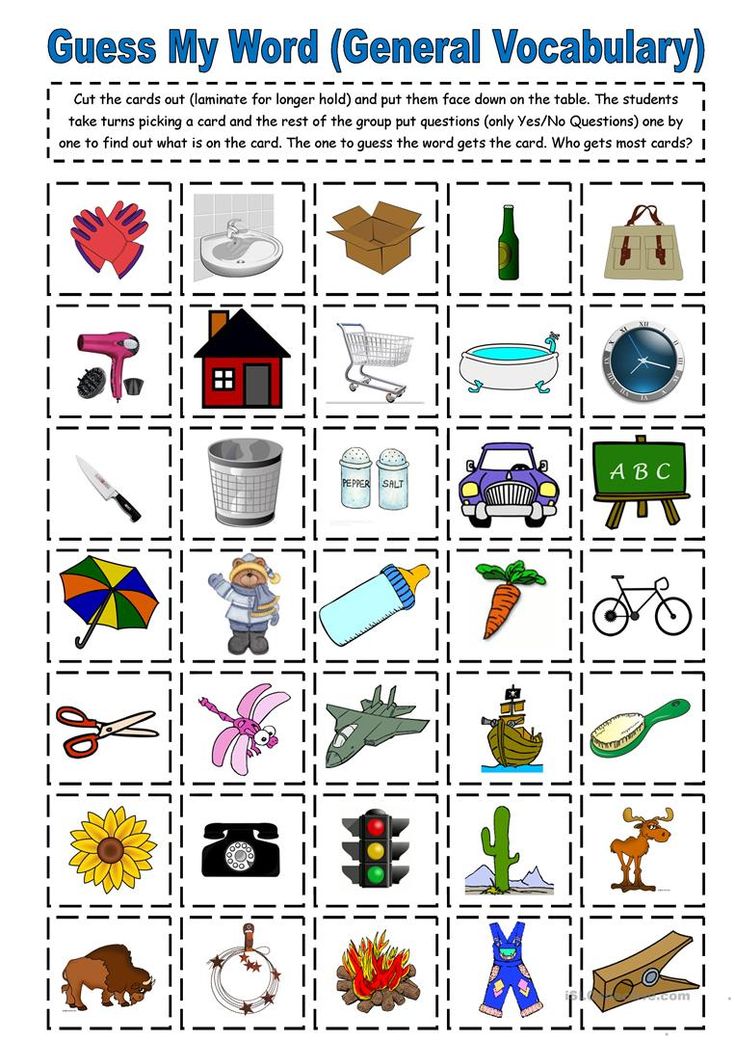
Related articles
- 7 kinetic games at English lessons
- Communication tasks at Russian Speech Etiquette classes for foreign students
- 7 phonetic games and exercises at the initial stage of teaching Russian as a foreign language of the Russian language
- 4 exercises with tautograms in the Russian language classes
- Linguistic games in the Russian language classes
Word games • Arzamas
You have Javascript disabled. Please change your browser settings.
Children's room ArzamasMaterialsMaterials
Arzamas for classes with schoolchildren! A selection of materials for teachers and parents
Everything you can do in an online lesson or just for fun
Cartoons are festival winners. Part 2
Tales, parables, experiments and absurdity
Guide to Yasnaya Polyana
Leo Tolstoy's favorite bench, greenhouse, stable and other places of the writer's museum-estate that are worth seeing with children Migrants: how to fight for their rights with the help of music
Hip-hop, carnival, talking drums and other non-obvious ways
Old records: fairy tales of the peoples of the world
We listen and analyze Japanese, Italian, Scandinavian and Russian fairy tales
Video: ISS commander asks a scientist about space
Lecture at an altitude of 400 kilometers
How to make a movie
Horror film, comedy and melodrama at home
The most unusual animation techniques from sunflowers, cartoons and VR spices
Play the world's percussion instruments
Learn how the gong, marimba and drum work and build your own orchestra
How to put on a play
Shadow theatre, reading and other home theater options for children
Soviet puzzles
Solve children's puzzles of the 1920s-70s
22 cartoons for the little ones
What to watch if you don't have six
From "Wild Dog Dingo" to 9003 What you need 9002 know about the main Soviet books for children and teenagers
A guide to children's poetry of the 20th century
From Agnia Barto to Mikhail Yasnov: children's poems in Russian
10 books by artists
Pages made of tracing paper - Milanese fog, and binding between reality and fantasy
How to choose a modern children's book
"Like Pippi, only about love": explaining new books through old ones
Word games
"Hat", "telegrams", "MPS" and other old and new games
Games from classic books
What the heroes of the works of Nabokov, Lindgren and Milne play
Plasticine animation: Russian school
From "Plasticine Crow" to plasticine "Sauska"
Cartoons - winners of festivals
Brave Mom, My Strange Grandpa, A Very Lonely Rooster and others
Non-fiction for children
How the heart of a whale beats, what's inside the rocket and who plays the didgeridoo - 60 books about the world around
Guide to foreign popular music
200 artists, 20 genres and 1000 songs that will help you understand the music of the 1950s-2000s
Cartoons based on poems
Poems by Chukovsky, Kharms, Gippius and Yasnov in Russian animation
Home games
Shadow theater, crafts and paper puppets from children's books and magazines of the 19th–20th centuries
Books for the little ones
Modern literature from 0 to 5: read, look at, learn
Puppet animation: Russian school 9003
Crow in Love, Devil No.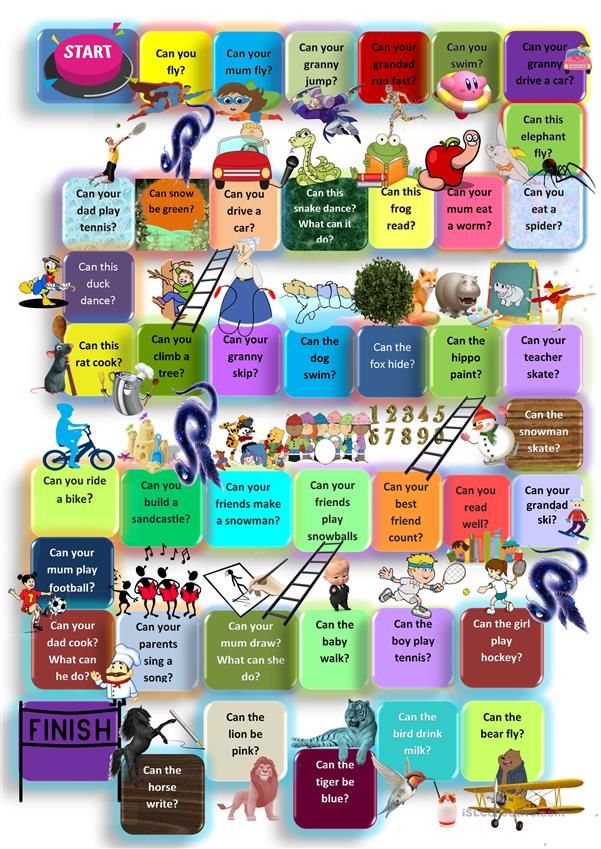 13, Lyolya and Minka and other old and new cartoons
13, Lyolya and Minka and other old and new cartoons
Smart coloring books
Museums and libraries offer to paint their collections
Reprints and reprints of children's books
Favorite fairy tales, stories and magazines of the last century, which you can buy again
What can be heard in classical music
Steps on ice, the voice of the cuckoo and the sounds of the night forest in the great compositions of the 18th–20th centuries
Soviet educational cartoons
Archimedes , dinosaurs, Antarctica and space - popular science cartoons in the USSR
Logic problems
Solve the wise men's dispute, make a bird out of a shirt and count the kittens correctly
Modern children's stories
The best short stories about grandmothers, cats, spies and knights
How Russian lullabies work
We explain why a spinning top is scary and why you shouldn't lie down on the edge. Bonus: 5 lullabies by Naadya
Musical fairy tales
How Tchaikovsky, Rimsky-Korsakov and Prokofiev work with the plots of children's fairy tales
Armenian School of Animation
The most rebellious cartoons of the Soviet Union
The Dina Goder Cartoon Collection
The Program Director of the Big Cartoon Festival advises what to watch with your child
Cartoons about art
How to tell children about Picasso, Pollock and Tatlin using animation
40 fire and who has a sieve in his nose: riddles from "Chizh", "Hedgehog" and books by Marshak and Chukovsky
Yard games
"Traffic light", "Shtander", "Kolechko" and other games for a large company
Poems that are interesting to learn by heart
What to choose if you were asked to learn a poem about mother, New Year or autumn
Old audio performances for children
Ole Lukoye, Gray Sheika, Cinderella and other interesting Soviet Recordings
Cartoons with classical music
How animation works with the music of Tchaikovsky, Verdi and Glass
How children’s rhymes work
“Ene, bene, slave, kvanter, manter, toad”: what does it all mean
"Hat", "telegrams", "MPS" and other games that require almost nothing but company and a desire to have a good time
Author Lev Gankin
Primer “A.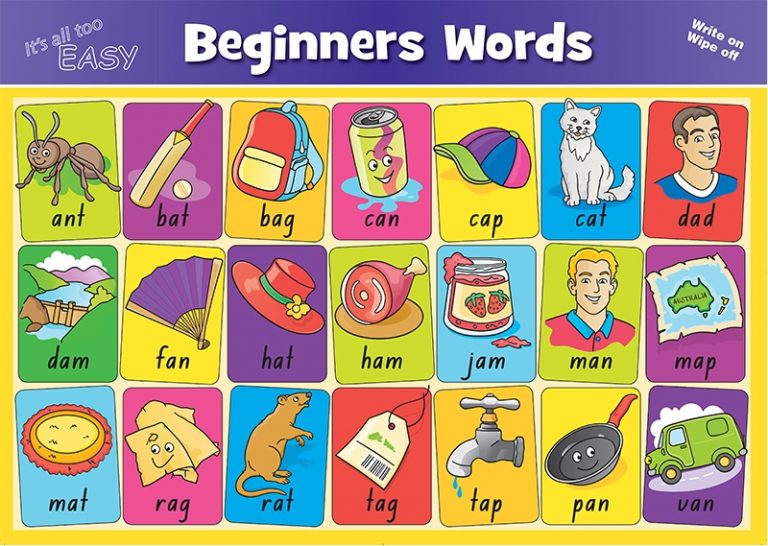 B. C. Trim, alphabet enchanté. Illustrations by Bertal. France, 1861 Wikimedia Commons
B. C. Trim, alphabet enchanté. Illustrations by Bertal. France, 1861 Wikimedia Commons Oral games
Associations
Game for a big company. The host briefly leaves the room, during which time the rest decide which of those present they will guess (this may be the host himself). Upon returning, the player asks the others questions - what flower do you associate this person with, what vehicle, what part of the body, what kitchen utensils, etc. - in order to understand who is hidden. Questions can be very different - this is not limited by anything other than the imagination of the players. Since associations are an individual matter and an exact match may not happen here, it is customary to give the guesser two or three attempts. If the company is small, you can expand the circle of mutual acquaintances who are not present at that moment in the room, although the classic version of "associations" is still a hermetic game.
Game of P
A game for a company of four people, an interesting variation on the "hat" theme (see below), but does not require any special accessories.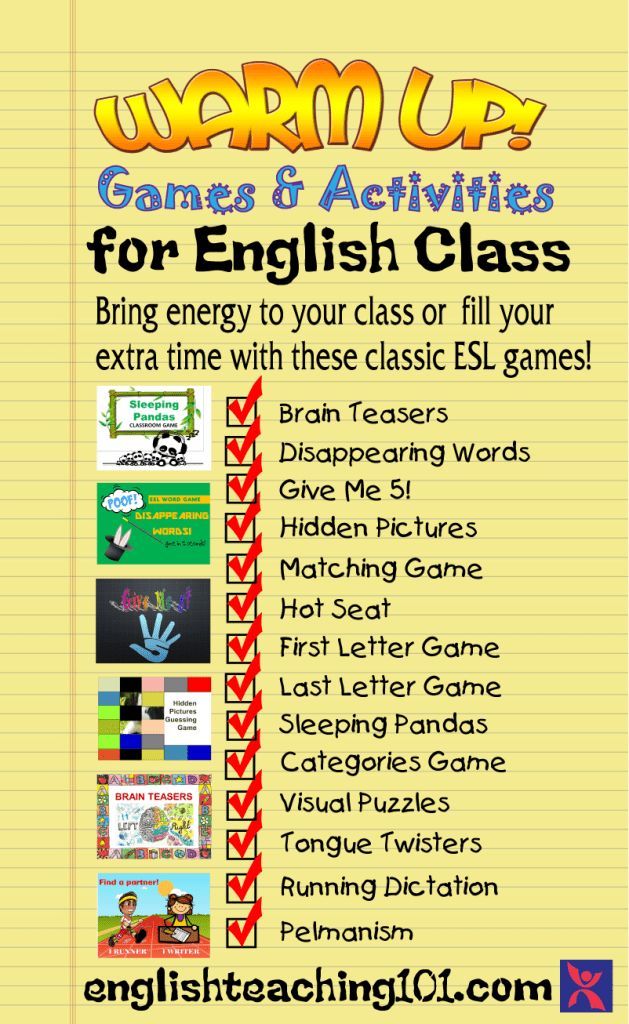 One player guesses a word to another, which he must explain to the others, but he can only use words starting with the letter "p" (any, except for the same root). That is, the word "house" will have to be explained, for example, as follows: "I built - I live." If you couldn’t guess right away, you can throw up additional associations: “building, premises, space, the simplest concept ...” And at the end add, for example, “Perignon” - by association with Dom Perignon champagne. If the guessers are close to winning, then the facilitator will need comments like “about”, “approximately”, “almost right” - or, in the opposite situation: “bad, wait!”. Usually, after the word is guessed, the explainer comes up with a new word and whispers it into the ear of the guesser - he becomes the next leader.
One player guesses a word to another, which he must explain to the others, but he can only use words starting with the letter "p" (any, except for the same root). That is, the word "house" will have to be explained, for example, as follows: "I built - I live." If you couldn’t guess right away, you can throw up additional associations: “building, premises, space, the simplest concept ...” And at the end add, for example, “Perignon” - by association with Dom Perignon champagne. If the guessers are close to winning, then the facilitator will need comments like “about”, “approximately”, “almost right” - or, in the opposite situation: “bad, wait!”. Usually, after the word is guessed, the explainer comes up with a new word and whispers it into the ear of the guesser - he becomes the next leader.
Lectures for children on this topic:
A course of lectures for children about the languages of the world
How many languages there are in the world, how they differ and how they are similar to each other
A course of lectures for children about strange and new words of the Russian language
Why linguists study jargon, parasitic words and speech errors
Primer "A.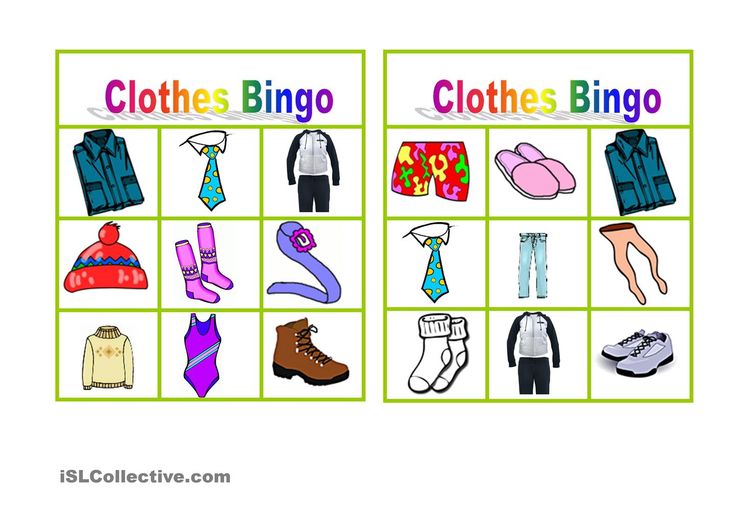 B. C. Trim, alphabet enchanté. Illustrations by Bertal. France, 1861 Wikimedia Commons
B. C. Trim, alphabet enchanté. Illustrations by Bertal. France, 1861 Wikimedia Commons Say the Same Thing
An upbeat and fast-paced game for two, named after a video clip by the inventive rock band OK Go, from which many people learned about it (the musicians even developed a mobile application that helps to play it from a distance, although it is currently unavailable). The meaning of the game is that on the count of one-two-three each of the players pronounces a randomly chosen word. Further, the goal of the players is, with the help of successive associations, to come to a common denominator: for the next time, two or three, both pronounce a word that is somehow connected with the previous two, and so on until the desired coincidence occurs. Suppose the first player said the word "house" and the second player said the word "sausage"; in theory, they can coincide very soon, if on the second move after one-two-three both say "store". But if one says “shop”, and the other says “refrigerator” (why not a sausage house?), then the game can drag on, especially since it’s impossible to repeat - neither the store nor the refrigerator will fit, and you will have to think, say, before "refrigerator" or "IKEI".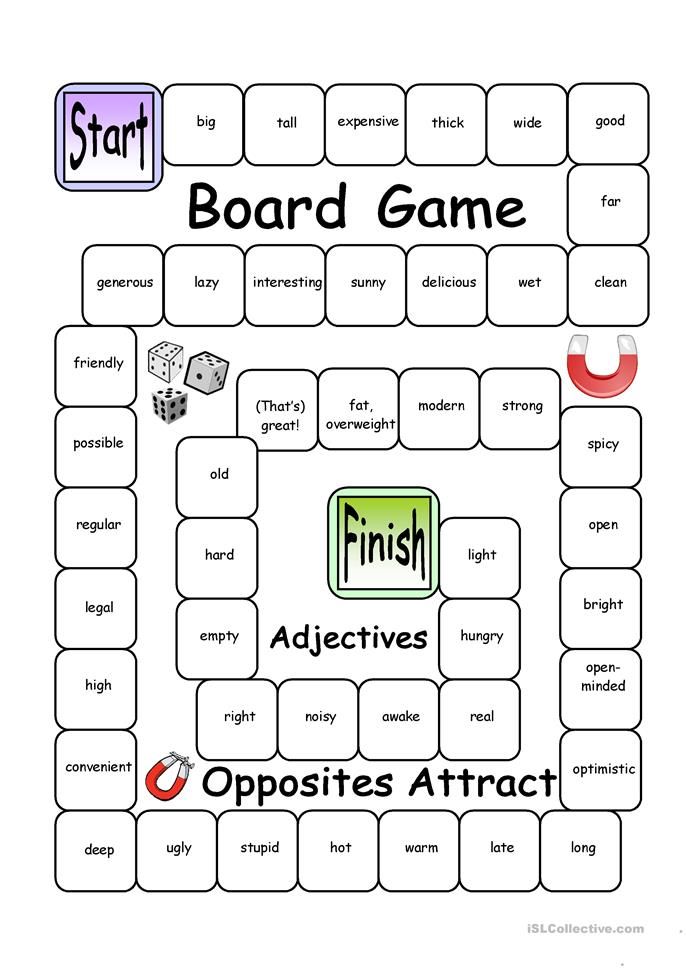 If the original words are far from each other (for example, "curb" and "weightlessness"), then the gameplay becomes completely unpredictable.
If the original words are far from each other (for example, "curb" and "weightlessness"), then the gameplay becomes completely unpredictable.
Characters
A game for the company (the ideal number of players is from four to ten), which requires from the participants not only a good imagination, but also, preferably, a little bit of acting skills. As usual, one of the players briefly leaves the room, and while he is gone, the rest come up with a word, the number of letters in which matches the number of participants remaining in the room. Next, the letters are distributed among the players, and a character is invented for each of them (therefore, words that contain "b", "s" or "b" do not fit). Until the word is guessed, the players behave in accordance with the chosen character - the leader's task is to understand exactly what characters his partners portray and restore the hidden word. Imagine, for example, that a company consists of seven people. One leaves, the rest come up with a six-letter word "old man" and distribute roles among themselves: the first, say, will be with indoor, the second - t erpel, the third - a secondary, the fourth - p asylum, the fifth - and mane and the sixth - to ovary.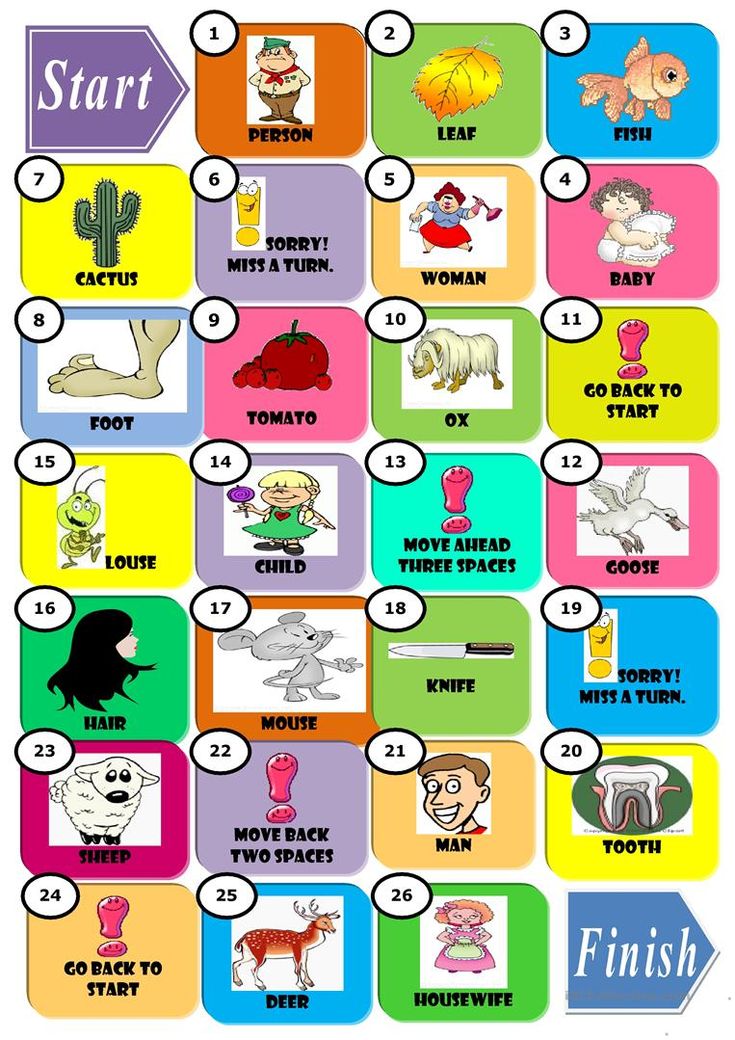 The returning player is greeted by a cacophony of voices - the company "lives" their roles until they are unraveled, and the host asks the players questions that help reveal their image. The only condition is that as soon as the presenter pronounces the correct character - for example, guesses the insidious one - he must admit that his incognito has been revealed and announce the number of his letter (in the word "old man" - the sixth).
The returning player is greeted by a cacophony of voices - the company "lives" their roles until they are unraveled, and the host asks the players questions that help reveal their image. The only condition is that as soon as the presenter pronounces the correct character - for example, guesses the insidious one - he must admit that his incognito has been revealed and announce the number of his letter (in the word "old man" - the sixth).
Recognize the song
A game for a company of four to five people. The host leaves, and the remaining players choose a well-known song and distribute its words among themselves - each word. For example, the song “Let there always be sun” is guessed: one player gets the word “let”, the second - “always”, the third - “will be”, the fourth - “sun”. The host returns and begins to ask questions - the most diverse and unexpected: "What is your favorite city?", "Where does the Volga flow?", "What to do and who is to blame?".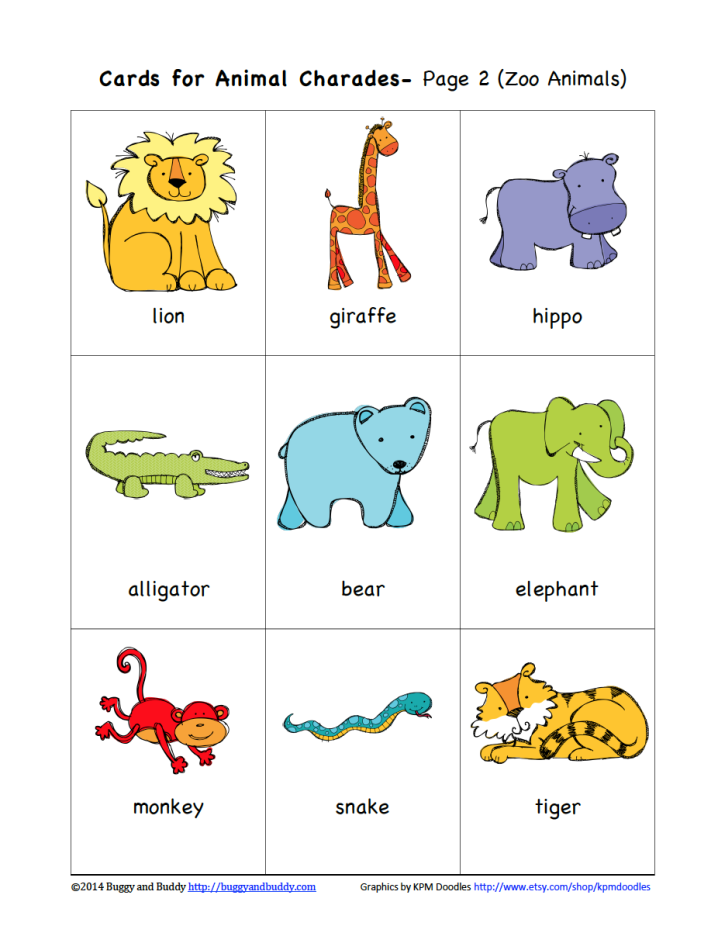 The task of the respondents is to use their own word in the answer and try to do it in such a way that it does not stand out too much; you need to answer quickly and not very extensively, but not necessarily truthfully. Answers to questions in this case can be, for example, “It’s hard for me to choose one city, but let today it will be Rio de Janeiro" or "Volga - into the Caspian, but this does not happen always , every third year it flows into the Black". The presenter must catch which word is superfluous in the answer and guess the song. They often play with lines from poetry rather than from songs.
The task of the respondents is to use their own word in the answer and try to do it in such a way that it does not stand out too much; you need to answer quickly and not very extensively, but not necessarily truthfully. Answers to questions in this case can be, for example, “It’s hard for me to choose one city, but let today it will be Rio de Janeiro" or "Volga - into the Caspian, but this does not happen always , every third year it flows into the Black". The presenter must catch which word is superfluous in the answer and guess the song. They often play with lines from poetry rather than from songs.
Tip
A game for four people divided into pairs (in principle, there can be three or four pairs). The mechanics is extremely simple: the first player from the first pair whispers a word (a common noun in the singular) into the ear of the first player from the second pair, then they must take turns calling their associations with this word (in the same form - common nouns; cognate words cannot be used ).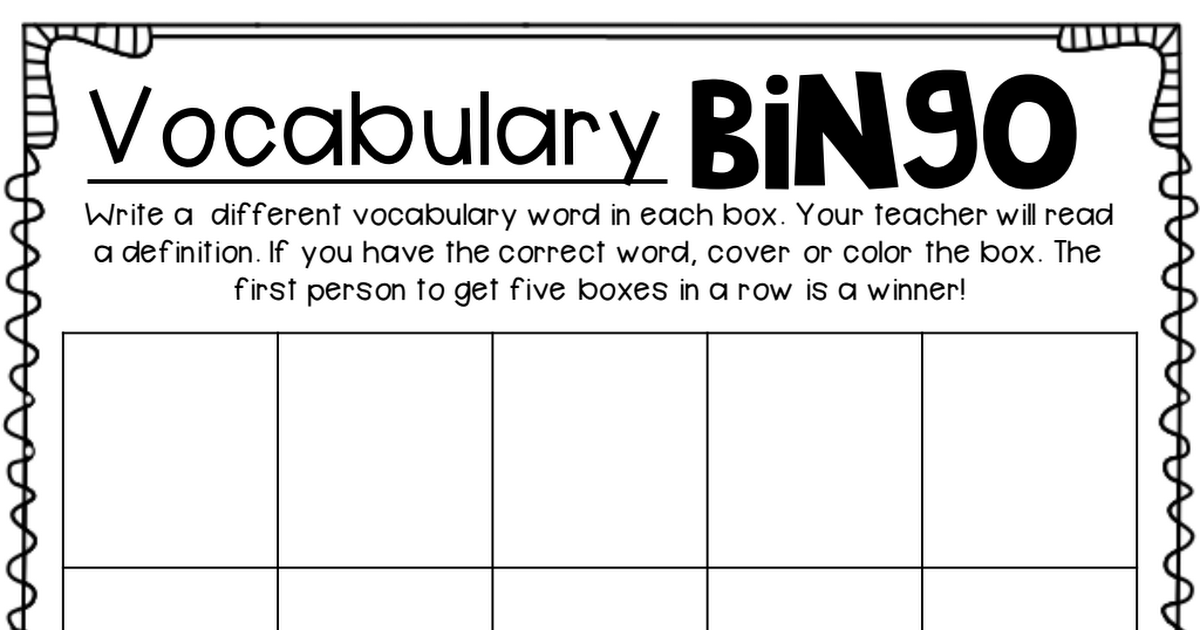 After each association, the teammate of the player who voiced it calls out his word, trying to guess if it was originally guessed - and so on, until the problem is solved by someone; at the same time, all associations already sounded in the game can be used in the future, adding one new one at each move. For example, suppose there are players A and B on one team, and C and D on the other. Player A whispers the word "old man" into player C's ear. Player C says aloud to his partner D: "age". If D immediately answers "old man", then the pair of C and D scores a point, but if he says, for example, "youth", then the move goes to player A, who, using the word "age" suggested by C (but discarding the irrelevant to the case "youth" from D), says to his partner B: "age, man." Now B will probably guess the old man - and his team with A will already earn a point. But if he says "teenager" (thinking that it is about the age when boys turn into men), then C, to whom the move suddenly returned, will say " age, man, eightieth birthday”, and here, probably, “old man” will be guessed.
After each association, the teammate of the player who voiced it calls out his word, trying to guess if it was originally guessed - and so on, until the problem is solved by someone; at the same time, all associations already sounded in the game can be used in the future, adding one new one at each move. For example, suppose there are players A and B on one team, and C and D on the other. Player A whispers the word "old man" into player C's ear. Player C says aloud to his partner D: "age". If D immediately answers "old man", then the pair of C and D scores a point, but if he says, for example, "youth", then the move goes to player A, who, using the word "age" suggested by C (but discarding the irrelevant to the case "youth" from D), says to his partner B: "age, man." Now B will probably guess the old man - and his team with A will already earn a point. But if he says "teenager" (thinking that it is about the age when boys turn into men), then C, to whom the move suddenly returned, will say " age, man, eightieth birthday”, and here, probably, “old man” will be guessed.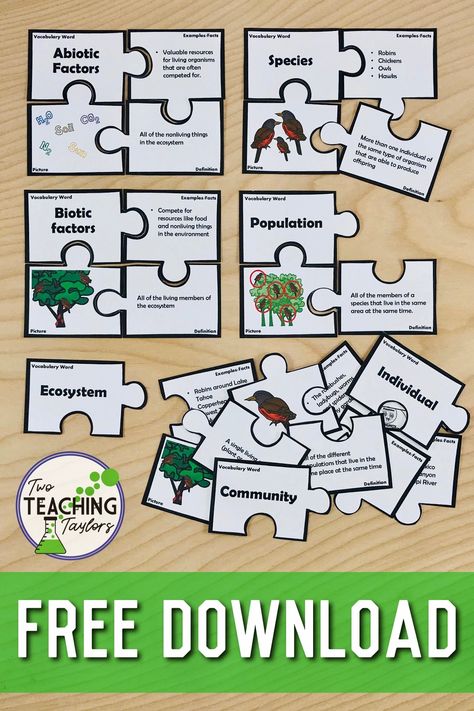 In one of the variants of the game, it is also allowed to "shout": this means that, having suddenly guessed what was meant, the player can shout out the option not on his turn. If he guessed right, his team will get a point, but if he rushed to conclusions, the team will lose a point. They usually play up to five points.
In one of the variants of the game, it is also allowed to "shout": this means that, having suddenly guessed what was meant, the player can shout out the option not on his turn. If he guessed right, his team will get a point, but if he rushed to conclusions, the team will lose a point. They usually play up to five points.
IPU
Game for a big company. Here we are forced to warn readers that, having seen this text in full, you will never be able to drive again - the game is one-time.
Spoiler →
First, the player who gets to drive leaves the room. When he returns, he must find out what MPS means - all that is known in advance is that the bearer of this mysterious abbreviation is present in the room right now. To find out the correct answer, the driver can ask other players questions, the answers to which should be formulated as “yes” or “no”: “Does he have blond hair?”, “Does he have blue eyes?”, “Is this a man?”, “He in jeans?", "Does he have a beard?"; moreover, each question is asked to a specific player, and not to all at once.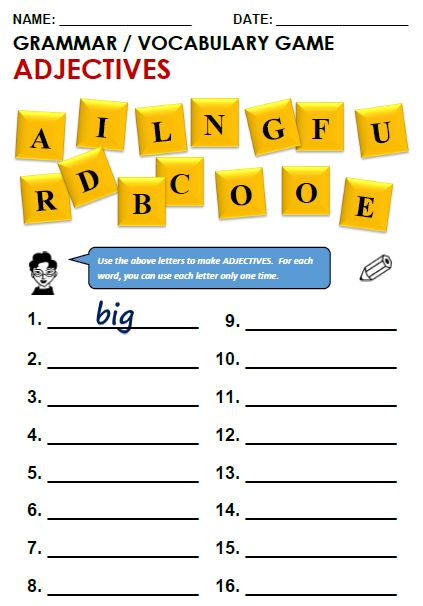 Most likely, it will quickly become clear that there is simply no person in the room who meets all the criteria; Accordingly, the question arises, according to what principle the players give answers. "Opening" this principle will help answer the main question - what is MPS. The Ministry of Railways is not the Ministry of Communications at all, but m oy p equal s seated (that is, each player always describes the person sitting to his right). Another option is COP, to then to answered to last (that is, everyone talks about who answered the previous question).
Most likely, it will quickly become clear that there is simply no person in the room who meets all the criteria; Accordingly, the question arises, according to what principle the players give answers. "Opening" this principle will help answer the main question - what is MPS. The Ministry of Railways is not the Ministry of Communications at all, but m oy p equal s seated (that is, each player always describes the person sitting to his right). Another option is COP, to then to answered to last (that is, everyone talks about who answered the previous question).
Contact
A simple game that can be played with a group of three or more people. One thinks of a word (noun, common noun, singular) and calls its first letter aloud, the task of the others is to guess the word, remembering other words with this letter, asking questions about them and checking if the presenter guessed.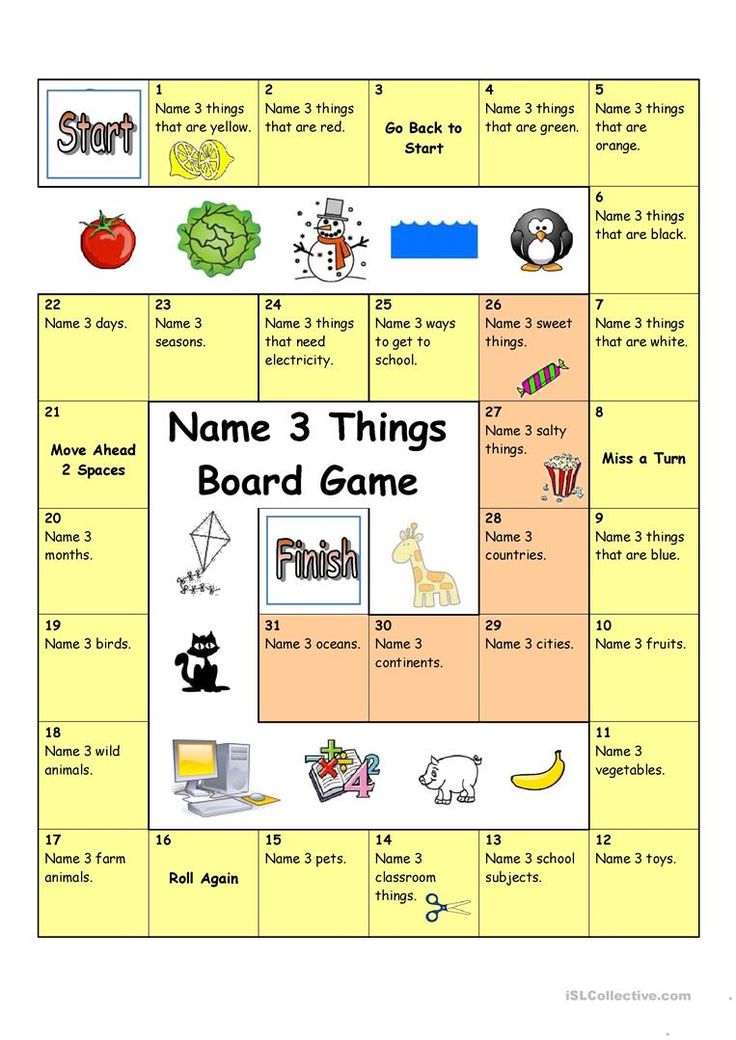 The facilitator's task is not to reveal the next letters in the word to the players for as long as possible. For example, a word with the letter "d" is guessed. One of the players asks the question: “Is this by chance not the place where we live?” This is where the fun begins: the host must figure out as quickly as possible what the player means and say “No, this is not“ house ”” (well, or, if it was a“ house ”, honestly admit it). But in parallel, other players also think the same thing, and if they understand what “house” means before the leader, then they say: “contact” or “there is contact”, and start counting up to ten in chorus (while the count is going on, the presenter still has a chance to escape and guess what it is about!), and then they call the word. If at least two matched, that is, at the expense of ten they said “house” in chorus, the presenter must reveal the next letter, and the new guesser version will already begin with the now known letters “d” + the next one. If it was not possible to beat the host on this question, then the guessers offer a new option.
The facilitator's task is not to reveal the next letters in the word to the players for as long as possible. For example, a word with the letter "d" is guessed. One of the players asks the question: “Is this by chance not the place where we live?” This is where the fun begins: the host must figure out as quickly as possible what the player means and say “No, this is not“ house ”” (well, or, if it was a“ house ”, honestly admit it). But in parallel, other players also think the same thing, and if they understand what “house” means before the leader, then they say: “contact” or “there is contact”, and start counting up to ten in chorus (while the count is going on, the presenter still has a chance to escape and guess what it is about!), and then they call the word. If at least two matched, that is, at the expense of ten they said “house” in chorus, the presenter must reveal the next letter, and the new guesser version will already begin with the now known letters “d” + the next one. If it was not possible to beat the host on this question, then the guessers offer a new option.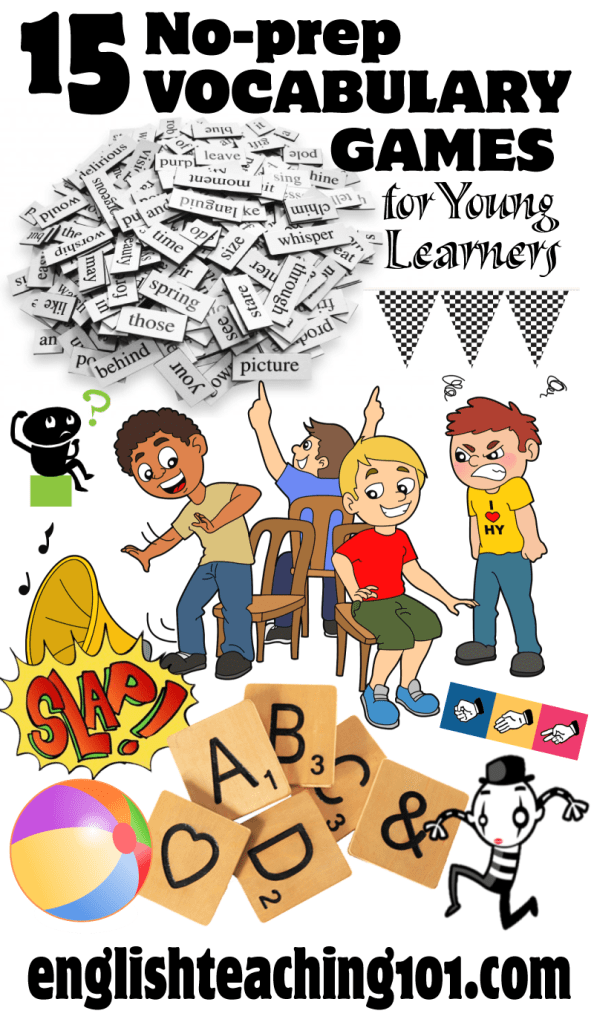 Of course, it makes sense to complicate the definitions, and not ask everything directly - so the question about "home" would sound better like "Is this not where the sun rises?" (with a reference to the famous song "House of the Rising Sun" by The Animals). Usually, the one who eventually gets to the searched word (names it or asks a question leading to victory) becomes the next leader.
Of course, it makes sense to complicate the definitions, and not ask everything directly - so the question about "home" would sound better like "Is this not where the sun rises?" (with a reference to the famous song "House of the Rising Sun" by The Animals). Usually, the one who eventually gets to the searched word (names it or asks a question leading to victory) becomes the next leader.
Writing games
Encyclopedia
Not the fastest, but extremely exciting game for a company of four people - you will need pens, paper and some kind of encyclopedic dictionary (preferably not limited thematically - that is, TSB is better than a conditional "biological encyclopedia"). The host finds a word in the encyclopedia that is unknown to anyone present (here it remains to rely on their honesty - but cheating in this game is uninteresting and unproductive).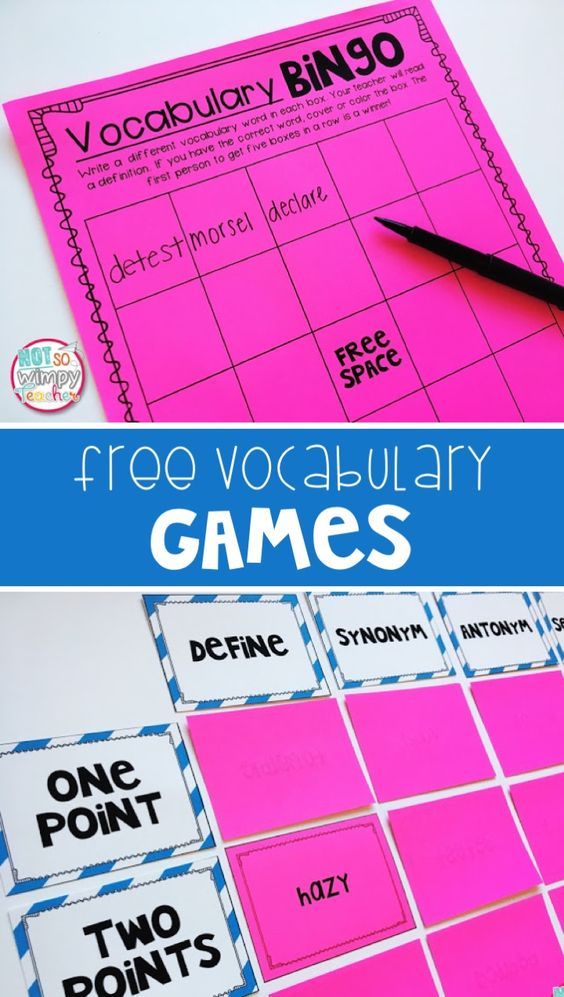 The task of each of the players is to write an encyclopedic definition of this word, inventing its meaning from the head and, if possible, disguising the text as a real small encyclopedic article. The presenter, meanwhile, carefully rewrites the real definition from the encyclopedia. After that, the “articles” are shuffled and read out by the presenter in random order, including the real one, and the players vote for which option seems most convincing to them. In the end, the votes are counted and points are distributed. Any player receives a point for correctly guessing the real definition and one more point for each vote given by other participants to his own version. After that, the sheets are distributed back and a new word is played out - there should be about 6-10 of them in total. You can also play this game in teams: come up with imaginary definitions collectively. The game "poems" is arranged in a similar way - but instead of a compound word, the host selects two lines from some little-known poem in advance and invites the participants to add quatrains.
The task of each of the players is to write an encyclopedic definition of this word, inventing its meaning from the head and, if possible, disguising the text as a real small encyclopedic article. The presenter, meanwhile, carefully rewrites the real definition from the encyclopedia. After that, the “articles” are shuffled and read out by the presenter in random order, including the real one, and the players vote for which option seems most convincing to them. In the end, the votes are counted and points are distributed. Any player receives a point for correctly guessing the real definition and one more point for each vote given by other participants to his own version. After that, the sheets are distributed back and a new word is played out - there should be about 6-10 of them in total. You can also play this game in teams: come up with imaginary definitions collectively. The game "poems" is arranged in a similar way - but instead of a compound word, the host selects two lines from some little-known poem in advance and invites the participants to add quatrains.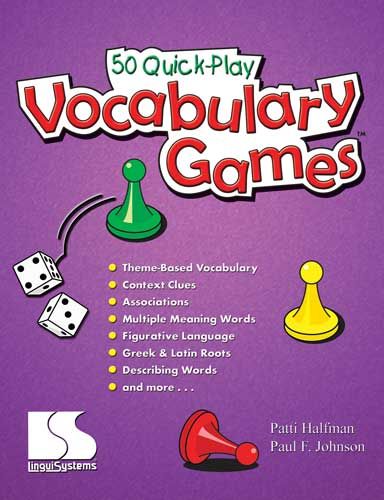
Game from Inglourious Basterds
A game for a company of any size that many knew before the Quentin Tarantino film, but it does not have a single name. Each player invents a role for his neighbor (usually it is some famous person), writes it on a piece of paper and sticks the piece of paper on his neighbor's forehead: accordingly, everyone sees what role someone has, but does not know who they are. The task of the participants is, with the help of leading questions, the answers to which are formulated as “yes” or “no” (“Am I a historical figure?”, “Am I a cultural figure?”, “Am I a famous athlete?”), to find out who exactly they are. In this form, however, the game exhausts itself rather quickly, so you can come up with completely different themes and instead of famous people play, for example, in professions (including exotic ones - "carousel", "taxidermist"), in film and literary heroes (you can mix them with real celebrities, but it’s better to agree on this in advance), food (one player will be risotto, and the other, say, green cabbage soup) and even just items.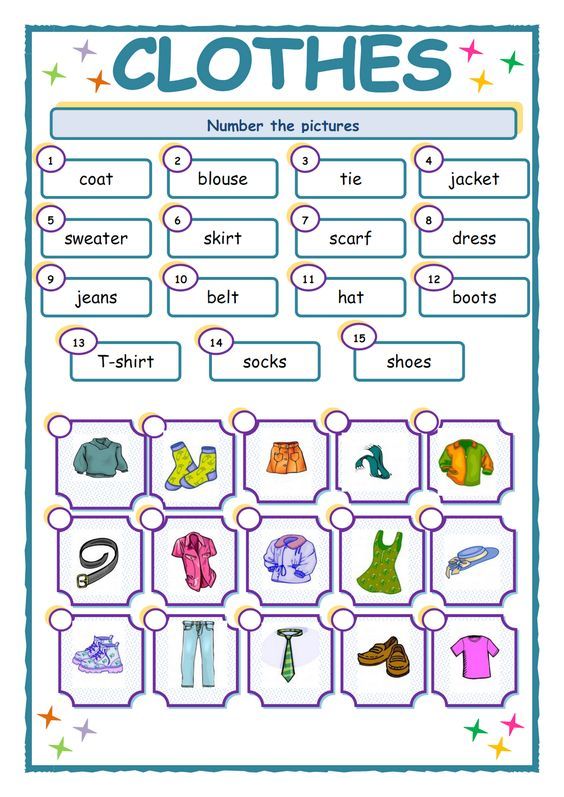
Bulls and cows
A game for two: one participant thinks of a word, and it is agreed in advance how many letters should be in it (usually 4-5). The task of the second is to guess this word by naming other four- or five-letter words; if some letters of the named word are in the hidden one, they are called cows, and if they have the same place inside the word, then these are bulls. Let's imagine that the word "eccentric" is conceived. If the guesser says “dot”, then he receives an answer from the second player: “three cows” (that is, the letters “h”, “k” and “a”, which are in both “eccentric” and “dot”, but in different places). If he then says "head of head", he will no longer get three cows, but two cows and one bull - since the letter "a" in both "eccentric" and "head" is in the fourth position. As a result, sooner or later, it is possible to guess the word, and the players can change places: now the first one will guess the word and count the bulls and cows, and the second one will name his options and track the extent to which they coincide with the one guessed.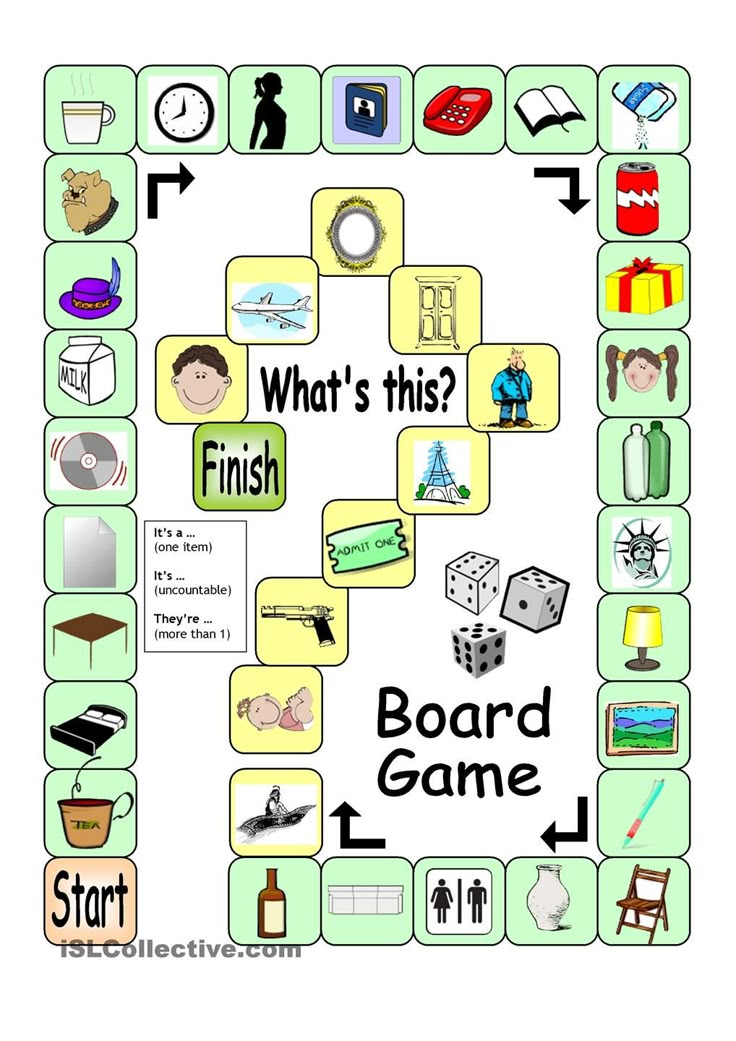 You can also complicate the process by simultaneously guessing your own word and guessing the opponent's word.
You can also complicate the process by simultaneously guessing your own word and guessing the opponent's word.
Intellect
Writing game for the company (but you can also play together), consisting of three rounds, each for five minutes. In the first, players randomly type thirteen letters (for example, blindly poking a book page with their finger) and then form words from them, and only long ones - from five letters. In the second round, you need to choose a syllable and remember as many words as possible that begin with it, you can use single-root ones (for example, if the syllable "house" is selected, then the words "house", "domra", "domain", "domain", "brownie", "housewife", etc.). Finally, in the third round, the syllable is taken again, but now you need to remember not ordinary words, but the names of famous people of the past and present in which it appears, and not necessarily at the beginning - that is, both Karamzin and McCartney will fit the syllable "kar" , and, for example, Hamilcar.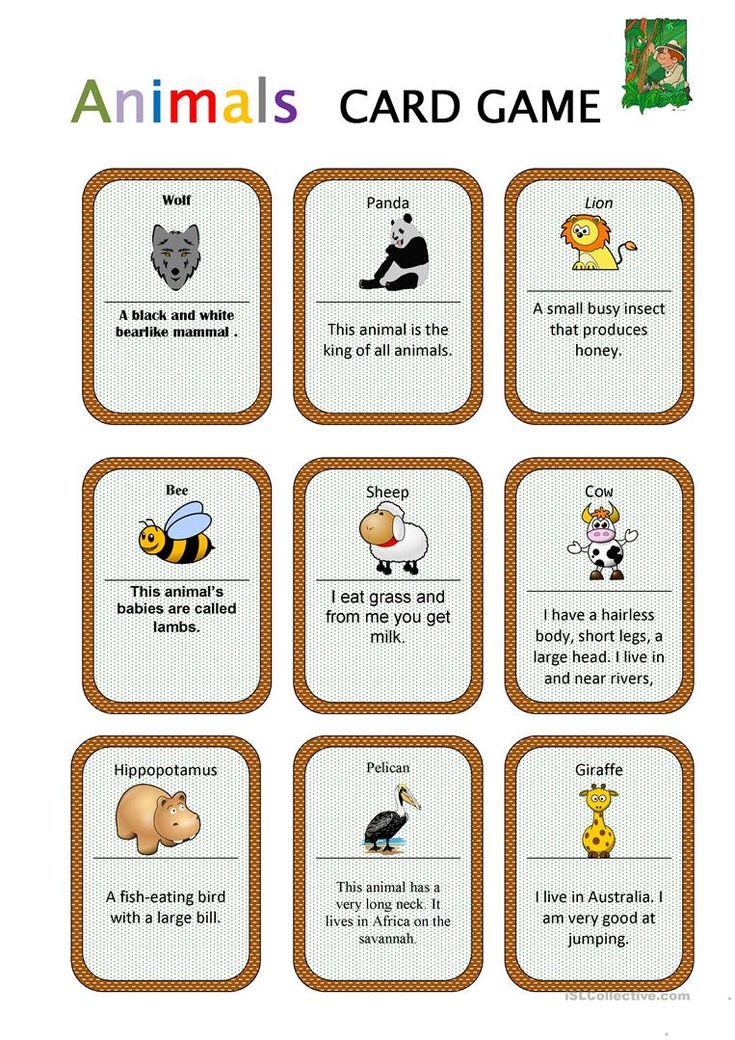 An important detail: since this round provokes the most disputes and scams, game participants can ask each other to prove that this person is really a celebrity, and here you need to remember at least the profession and country. Typical dialogue: "What, you don't know Hamilcar? But this is a Carthaginian commander!” After each round, points are counted: if a particular word is the same for all players, it is simply crossed out, in other cases, players are awarded as many points for it as the opponents could not remember it. In the first round, you can still add points for especially long words. Based on the results of the rounds, it is necessary to determine who took the first, second, third and other places, and add up these places at the end of the game. The goal is to get the smallest number at the output (for example, if you were the winners of all three rounds, then you will get the number 3 - 1 + 1 + 1, and you are the champion; less cannot be purely mathematical).
An important detail: since this round provokes the most disputes and scams, game participants can ask each other to prove that this person is really a celebrity, and here you need to remember at least the profession and country. Typical dialogue: "What, you don't know Hamilcar? But this is a Carthaginian commander!” After each round, points are counted: if a particular word is the same for all players, it is simply crossed out, in other cases, players are awarded as many points for it as the opponents could not remember it. In the first round, you can still add points for especially long words. Based on the results of the rounds, it is necessary to determine who took the first, second, third and other places, and add up these places at the end of the game. The goal is to get the smallest number at the output (for example, if you were the winners of all three rounds, then you will get the number 3 - 1 + 1 + 1, and you are the champion; less cannot be purely mathematical).
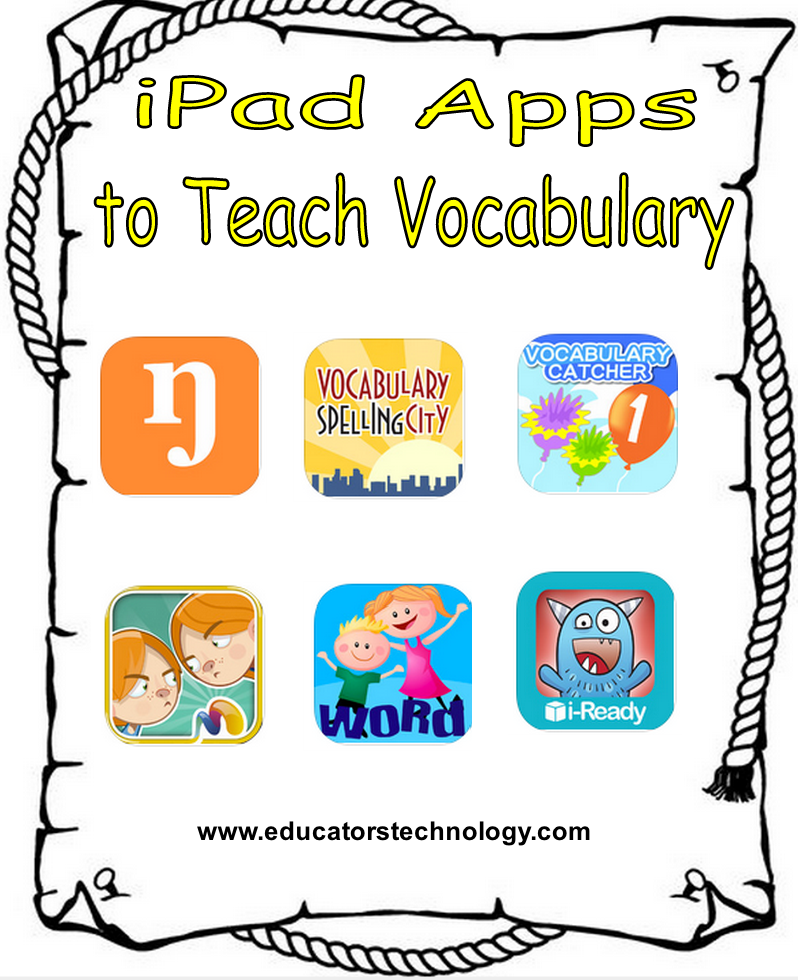 B. C. Trim, alphabet enchanté. Illustrations by Bertal. France, 1861 Wikimedia Commons
B. C. Trim, alphabet enchanté. Illustrations by Bertal. France, 1861 Wikimedia Commons Frame
A game for any number of people, which was invented by one of the creators of the Kaissa chess program and the author of the anagram search program Alexander Bitman. First, the players choose several consonants - this will be the frame, the skeleton of the word. Then the time is recorded (two or three minutes), and the players begin to “stretch” vowels (as well as “й”, “ь”, “ъ”) onto the frame to make existing words. Consonants can be used in any order, but only once, and vowels can be added in any number. For example, players choose the letters "t", "m", "n" - then the words "fog", "cloak", "mantle", "coin", "darkness", "ataman", "dumbness" and other. The winner is the one who can come up with more words (as usual, these should be common nouns in the singular). The game can be played even with one letter, for example, "l". The words “silt”, “lay”, “yula”, “aloe”, “spruce” are formed around it, and if we agree that the letter can be doubled, “alley” and “lily”.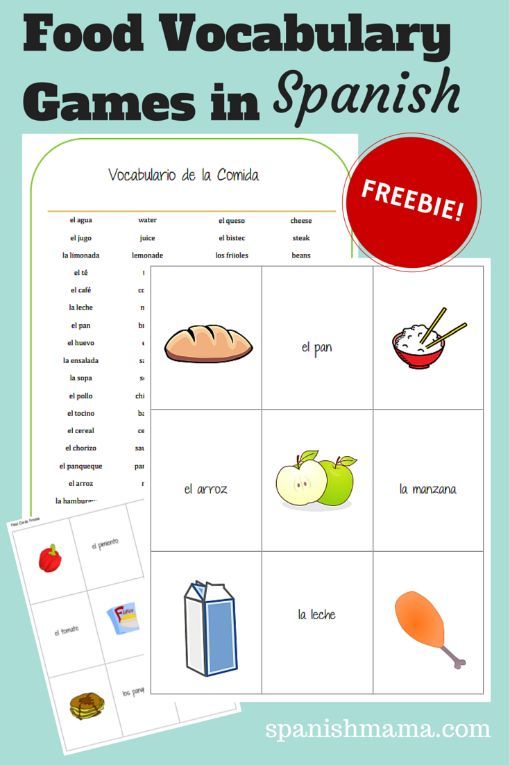 If the standard "skeleton" is mastered, then the task may be to compose a whole phrase with one consonant: a textbook example from the book by Evgeny Gik - "Bobby, kill the boy and beat the woman at the baobab."
If the standard "skeleton" is mastered, then the task may be to compose a whole phrase with one consonant: a textbook example from the book by Evgeny Gik - "Bobby, kill the boy and beat the woman at the baobab."
Chain of words
Game for any number of players. Many people know it under the name "How to make an elephant out of a fly", and it was invented by the writer and mathematician Lewis Carroll, the author of "Alice". The “chain” is based on metagram words, that is, words that differ by only one letter. The task of the players is to turn one word into another with the least number of intermediate links. For example, let's make a "goat" from a "fox": FOX - LINDE - PAW - KAPA - KARA - KORA - GOAT. It is interesting to give tasks with a plot: so that the “day” turns into “night”, the “river” becomes the “sea”. The well-known chain, where the "elephant" grows out of the "fly", is obtained in 16 moves: FLY - MURA - TURA - TARA - KARA - KARE - CAFE - KAFR - MURDER - KAYUK - HOOK - URIK - LESSON - TERM - DRAIN - STON - ELEPHANT (example of Evgeny Gik).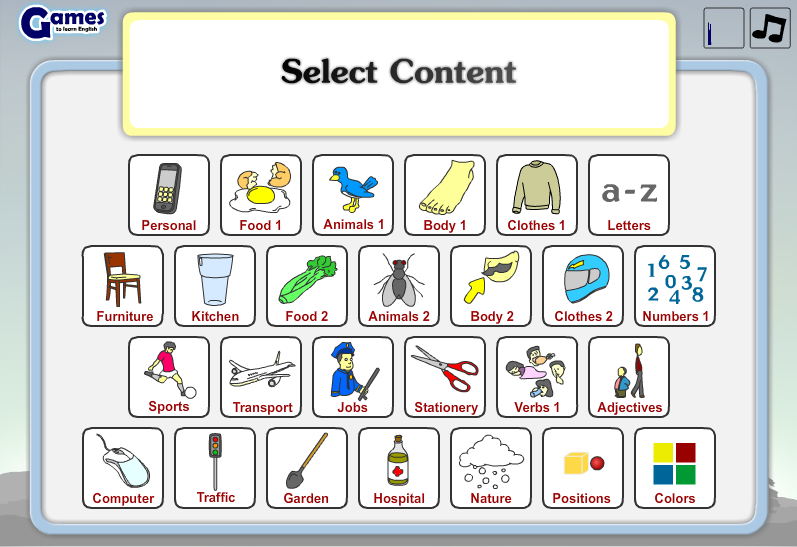 For training, you can compete in the search for metagrams for any word. For example, the word "tone" gives "sleep", "background", "current", "tom", "tan" and so on - whoever scores more options wins.
For training, you can compete in the search for metagrams for any word. For example, the word "tone" gives "sleep", "background", "current", "tom", "tan" and so on - whoever scores more options wins.
Hat
A game for a company of four people, requiring simple equipment: pens, paper and a “hat” (an ordinary plastic bag will do). Sheets of paper need to be torn into small pieces and distributed to the players, the number of pieces depends on how many people are playing: the larger the company, the less for each. Players write words on pieces of paper (one for each piece of paper) and throw them into the "hat". There are also options here - you can play just with words (noun, common noun, singular), or you can play with famous people or literary characters. Then the participants are divided into teams - two or more people each; the task of each - in 20 seconds (or 30, or a minute - the timing can be set at your own choice) to explain to your teammates the largest number of words arbitrarily pulled out of the "hat", without using the same root.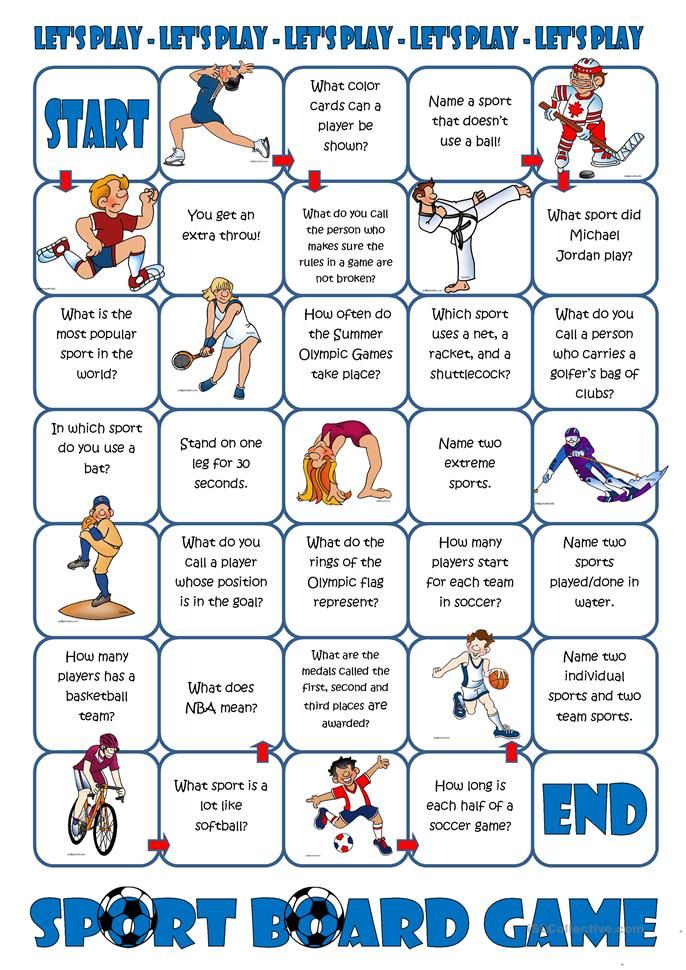 If the driver could not explain a word, it returns to the hat and will be played by the other team. At the end of the game, the words guessed by different representatives of the same team are summed up, their number is counted, and the team that has more pieces of paper is awarded the victory. A popular version of the game: everything is the same, but in the first round the players explain the words (or describe the characters) orally, in the second round they show in pantomime, in the third round they explain the same words in one word. And recently a board game has appeared, where you need not only to explain and show, but also to draw.
If the driver could not explain a word, it returns to the hat and will be played by the other team. At the end of the game, the words guessed by different representatives of the same team are summed up, their number is counted, and the team that has more pieces of paper is awarded the victory. A popular version of the game: everything is the same, but in the first round the players explain the words (or describe the characters) orally, in the second round they show in pantomime, in the third round they explain the same words in one word. And recently a board game has appeared, where you need not only to explain and show, but also to draw.
Telegrams
Game for any number of players. The players choose a word, for each letter of which they will need to come up with a part of the telegram - the first letter will be the beginning of the first word, the second - the second, and so on. For example, the word "fork" is selected. Then the following message can become a telegram: “The camel is healed.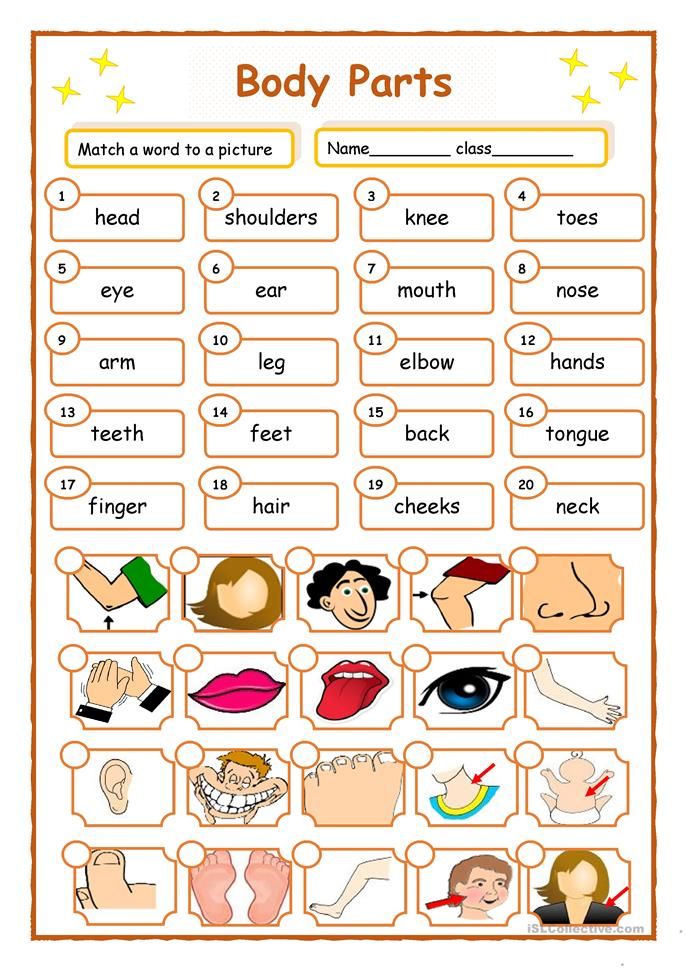 I'm flying a crocodile. Aibolit". Another round of the game is the addition of genres. Each player gets the task to write not one, but several telegrams from the same word - business, congratulatory, romantic (the types of messages are agreed in advance). Telegrams are read aloud, the next word is chosen.
I'm flying a crocodile. Aibolit". Another round of the game is the addition of genres. Each player gets the task to write not one, but several telegrams from the same word - business, congratulatory, romantic (the types of messages are agreed in advance). Telegrams are read aloud, the next word is chosen.
even more different games for one or a company
Home games
Shadow theater, crafts and paper dolls from children's books and magazines of the XIX-XX centuries Ring and other games
Games from classic books
What do the heroes of the works of Nabokov, Lindgren and Milne play
Children's course on where games, anecdotes, horror stories and memes come from and why we need them
Children's room
Special project
Children's room Arzamas
Sources

